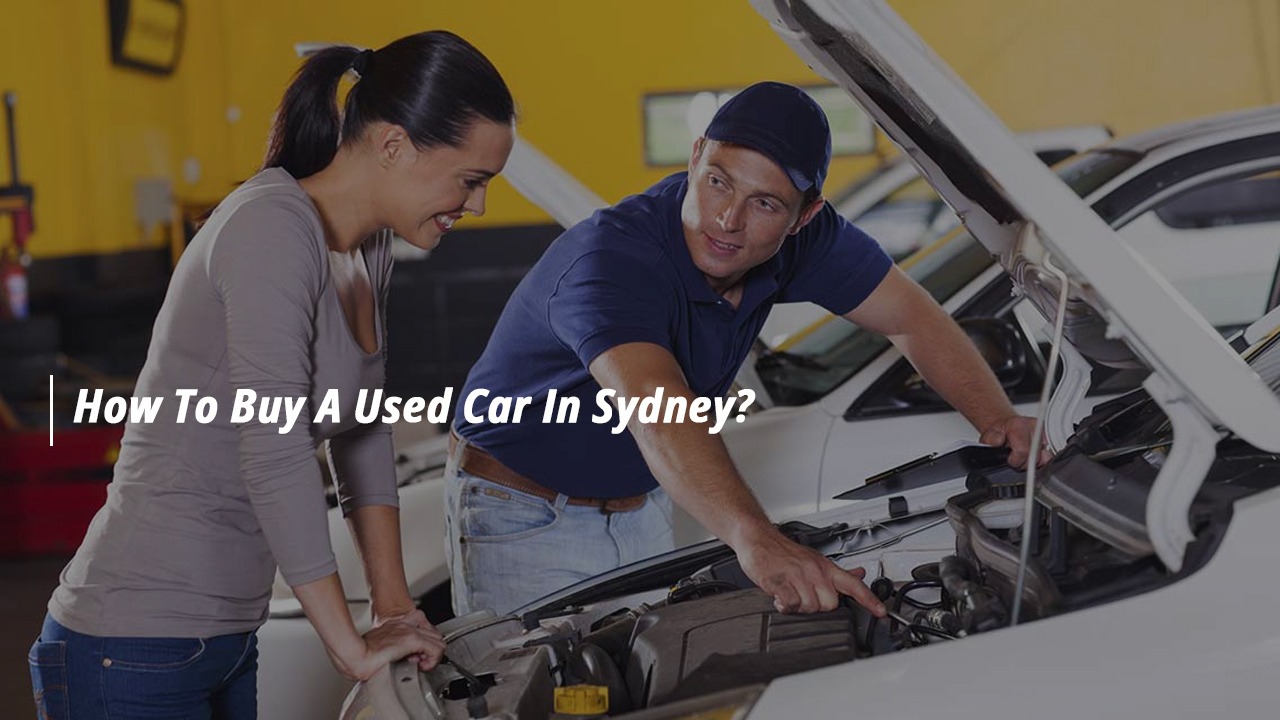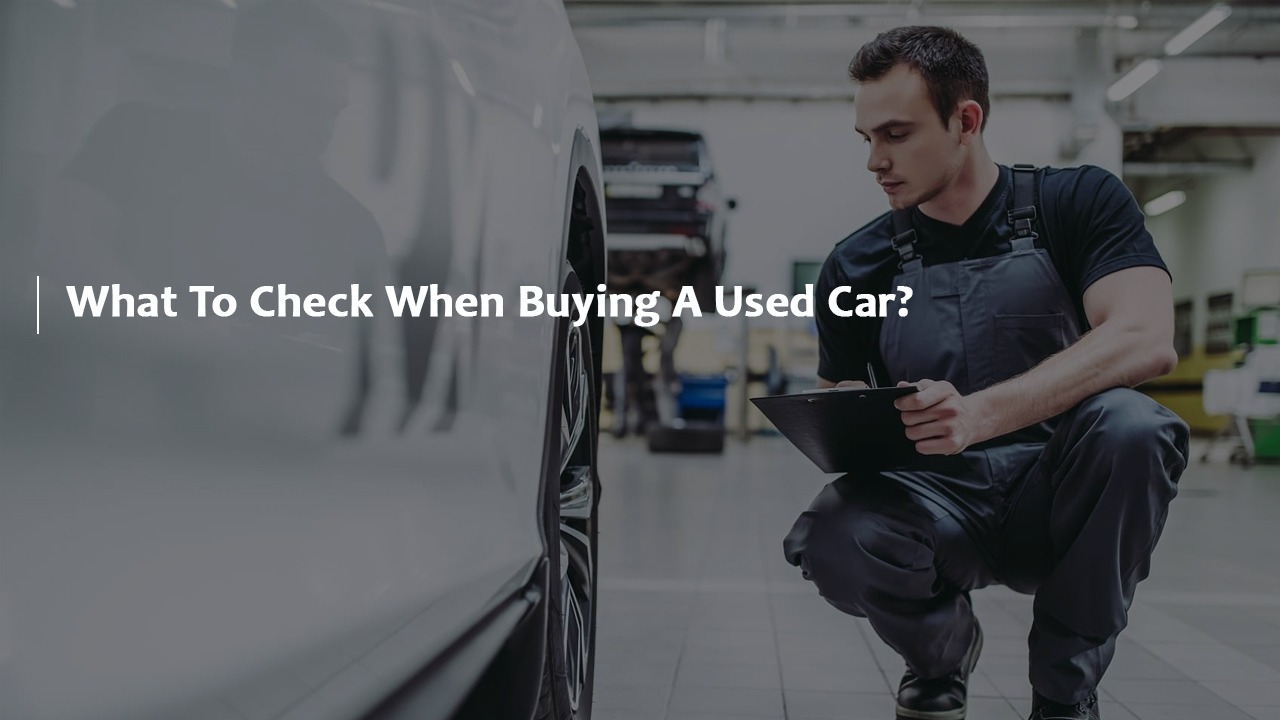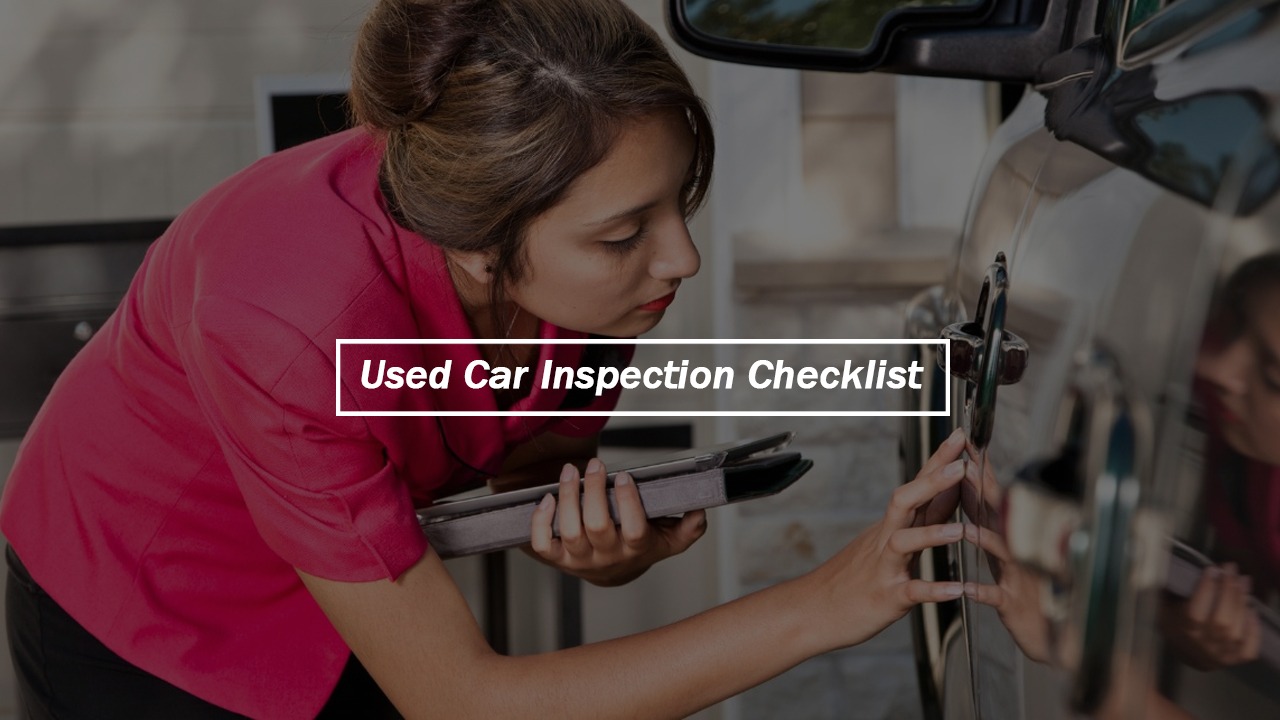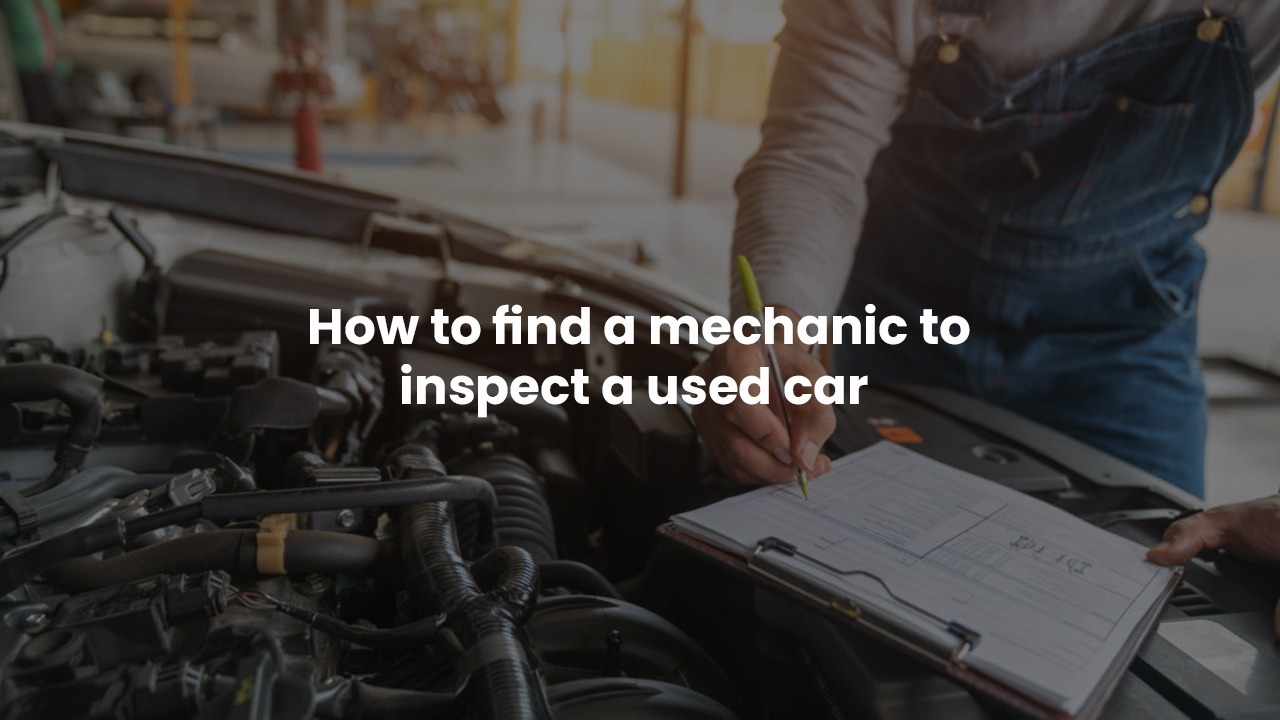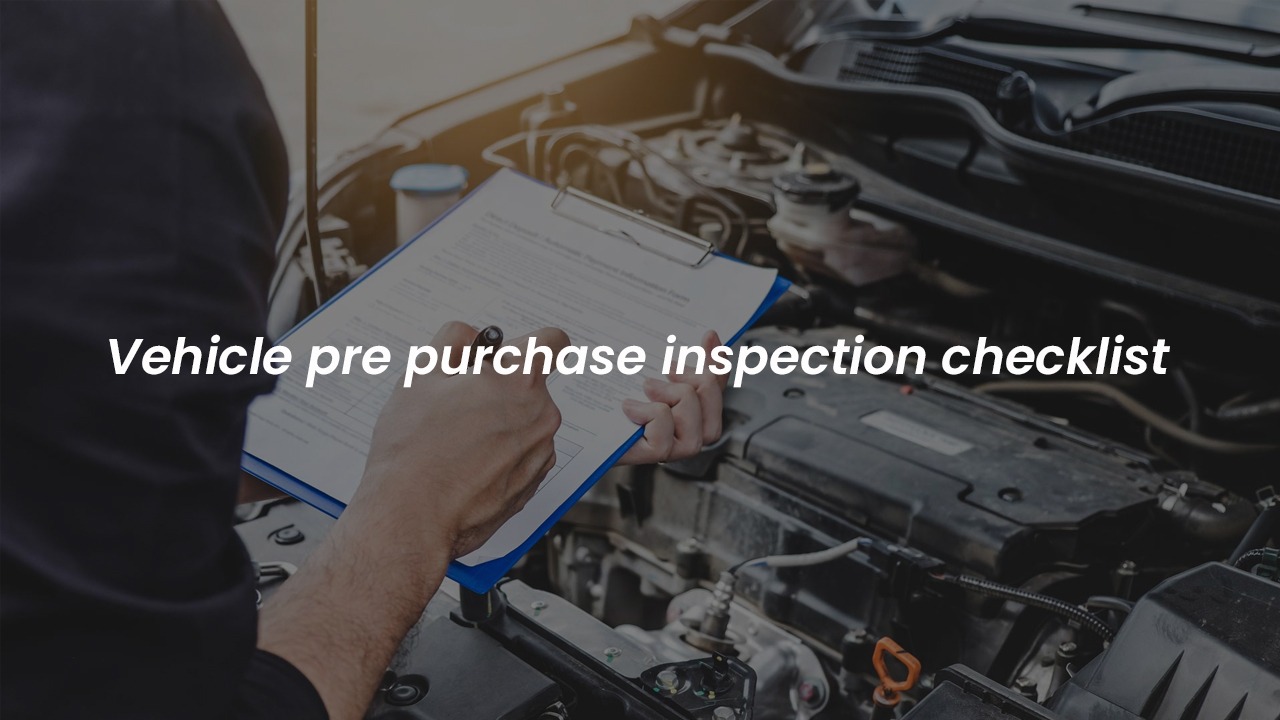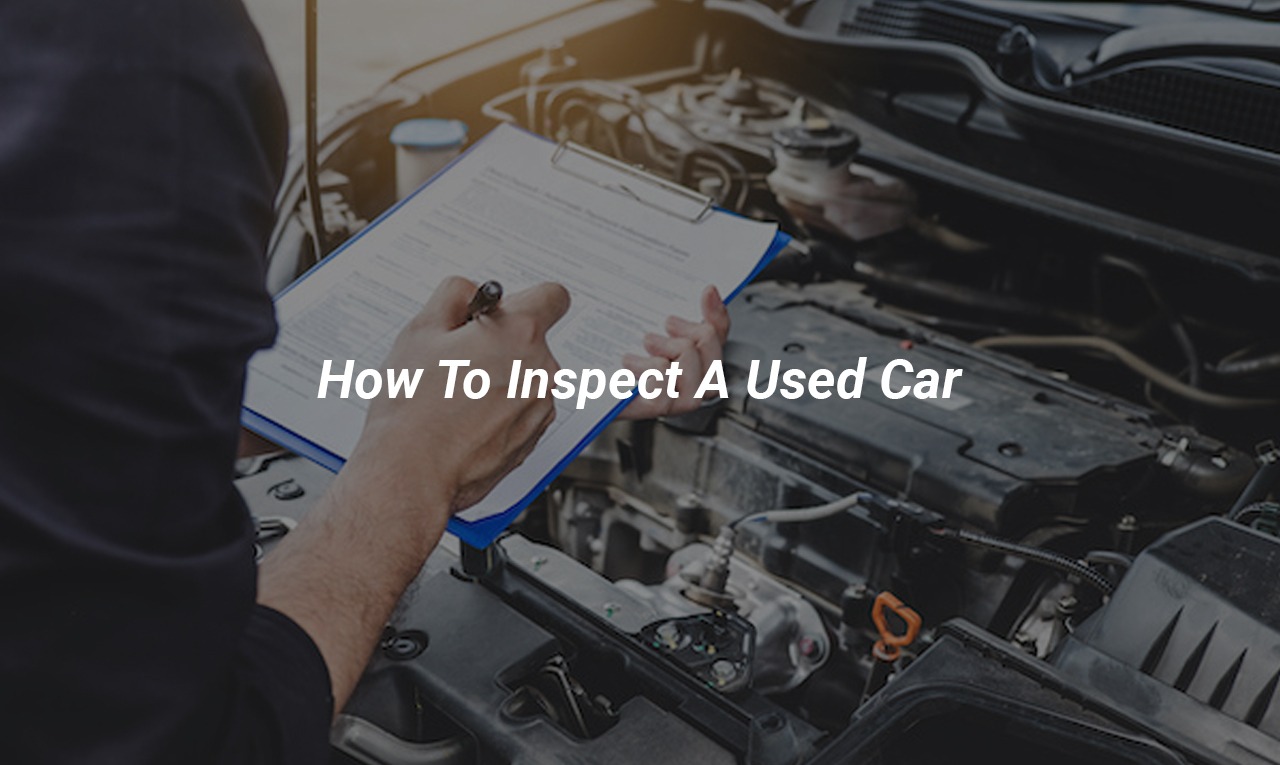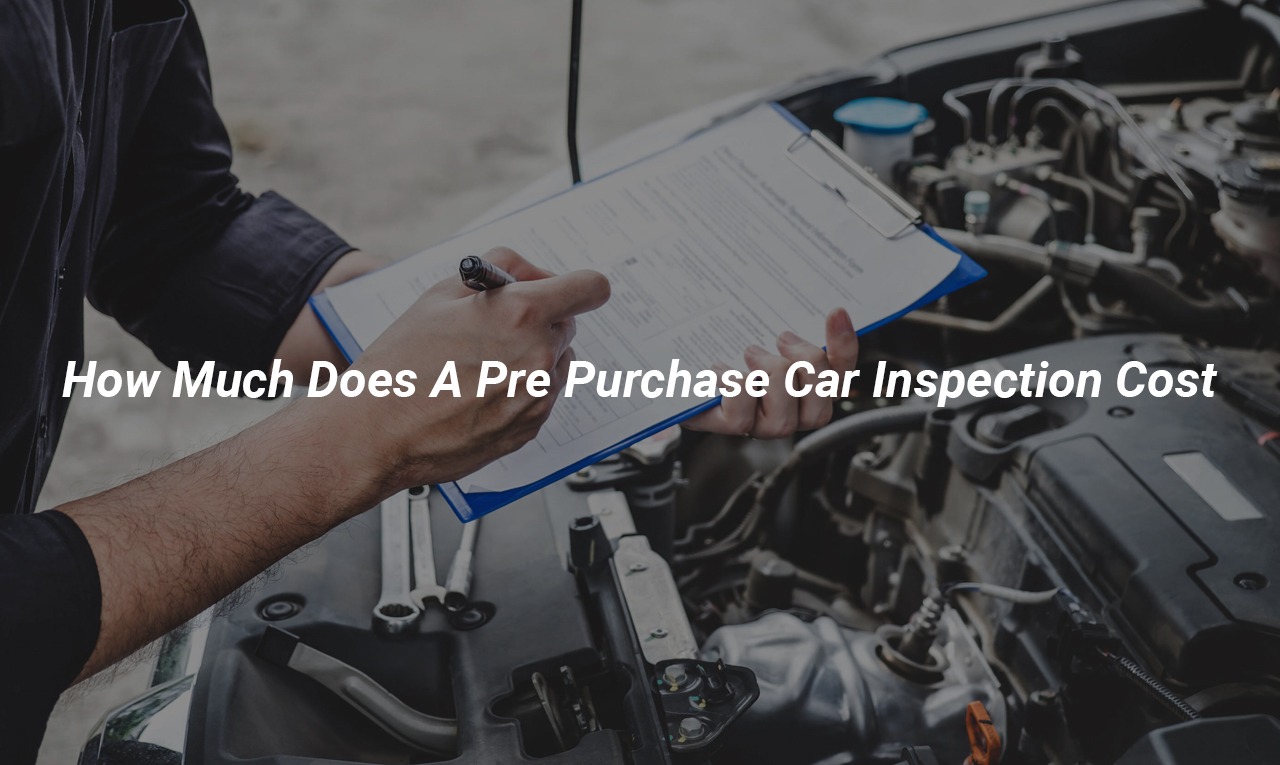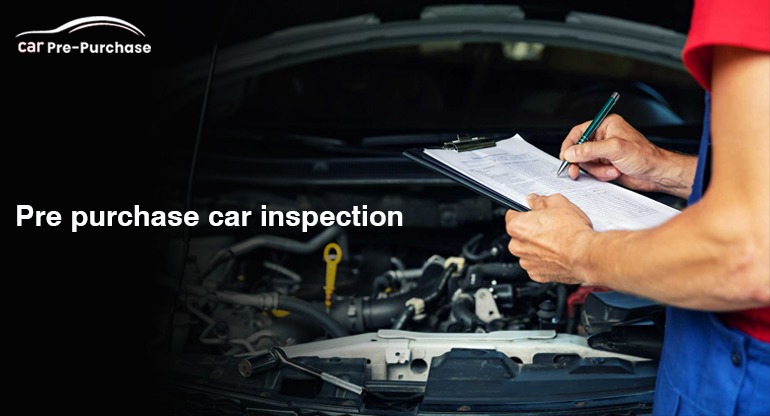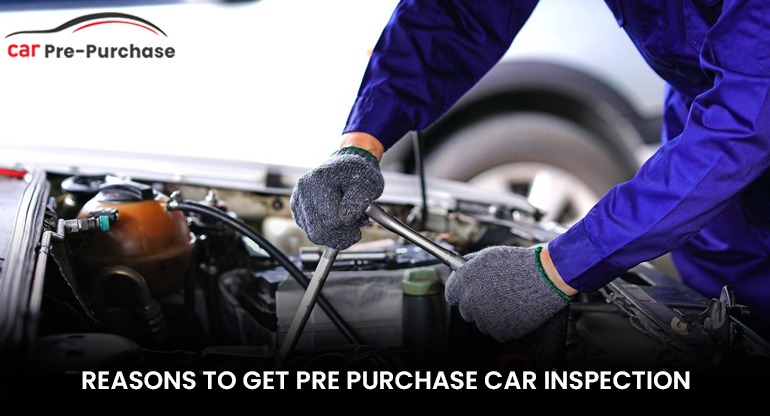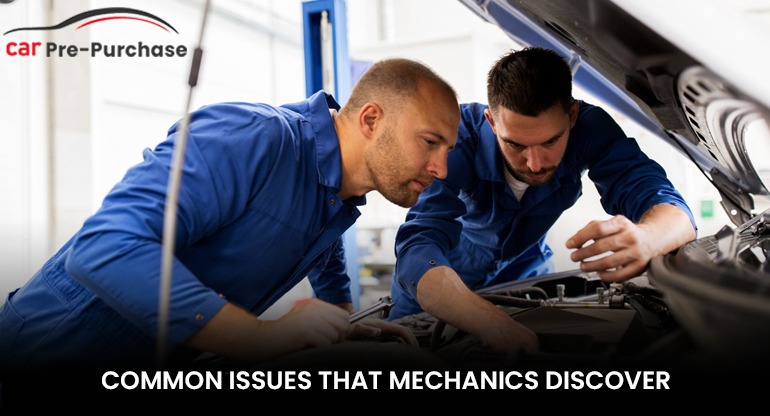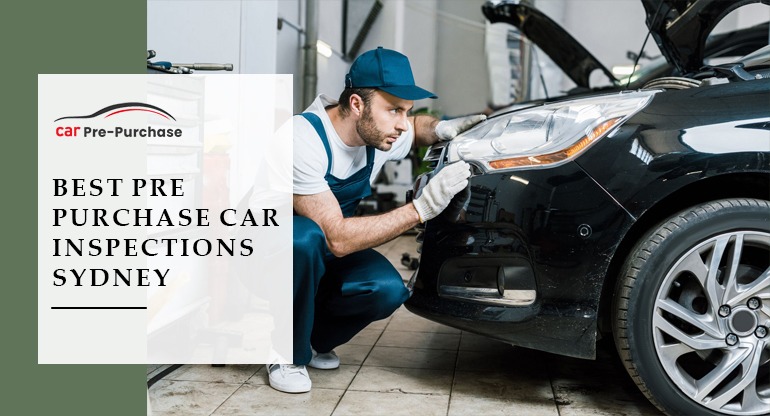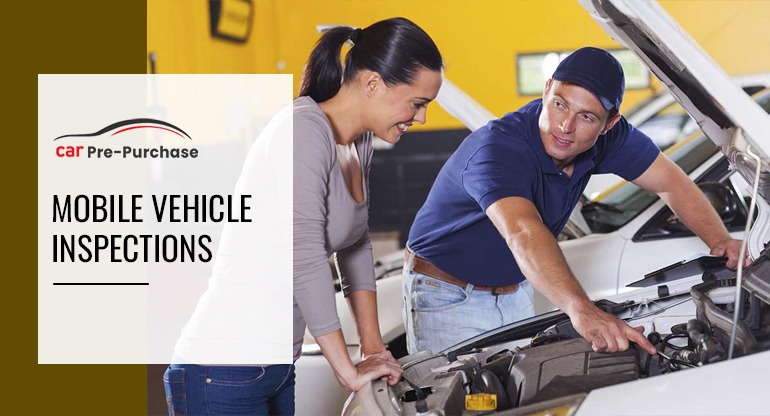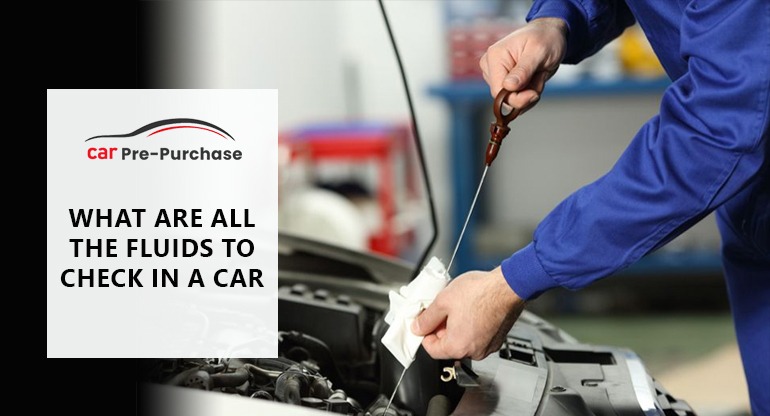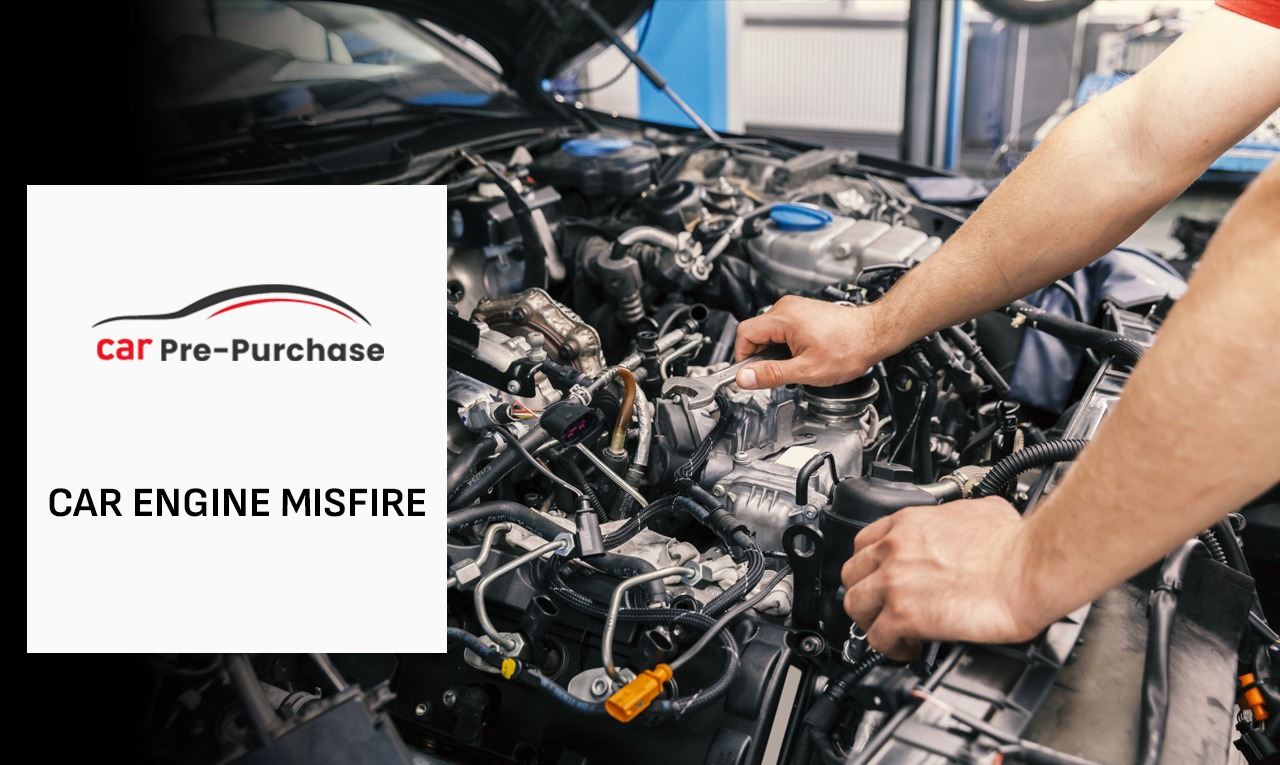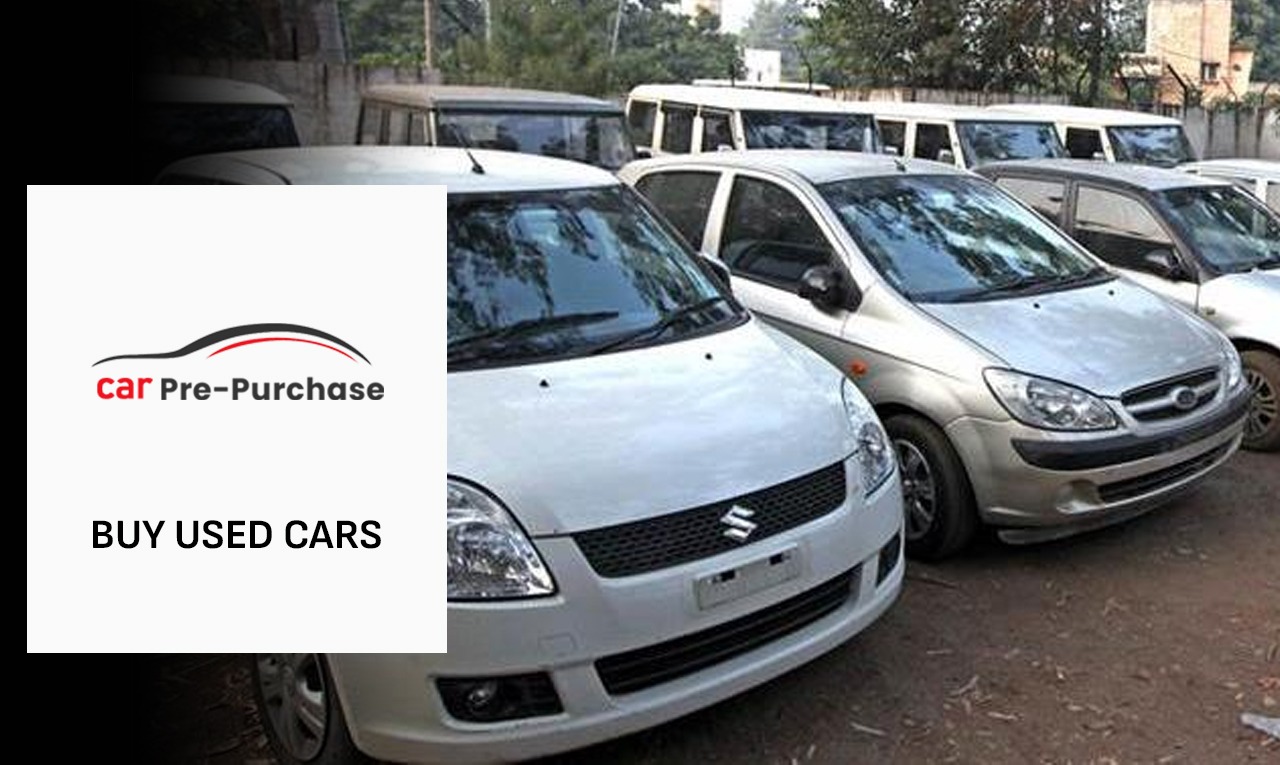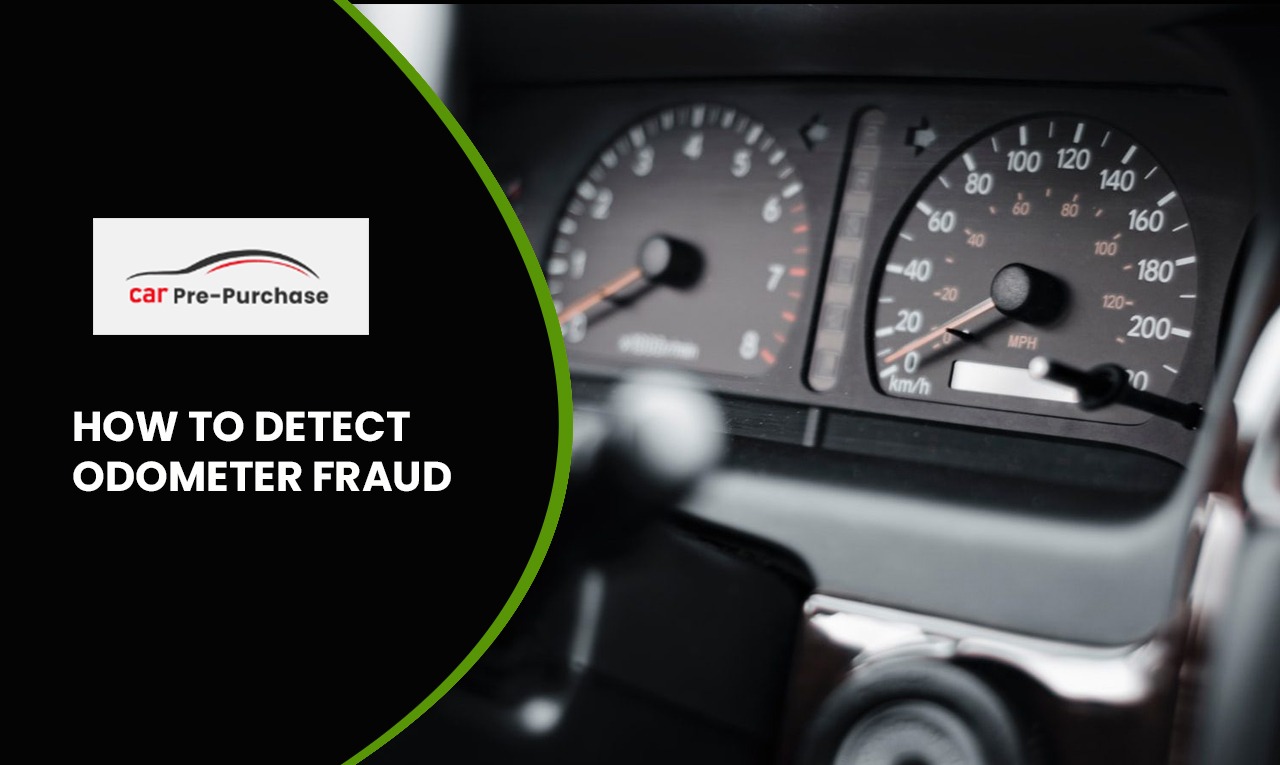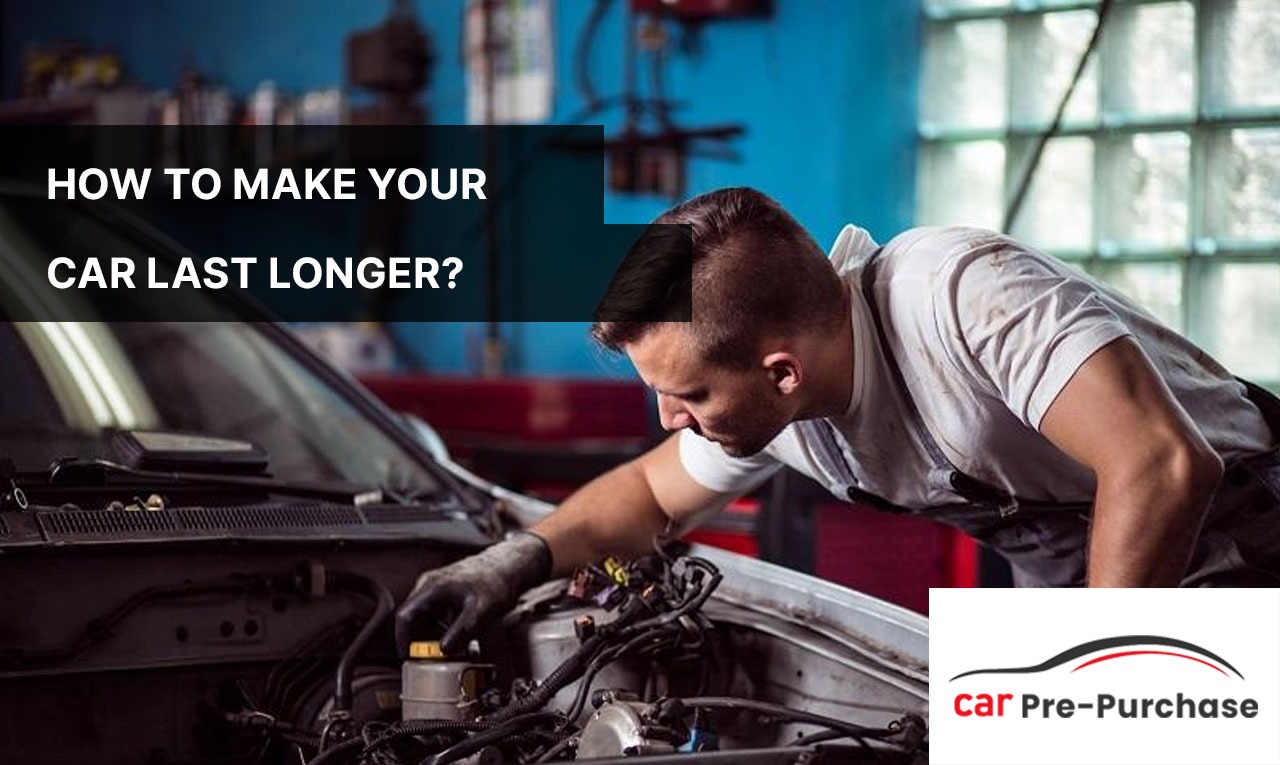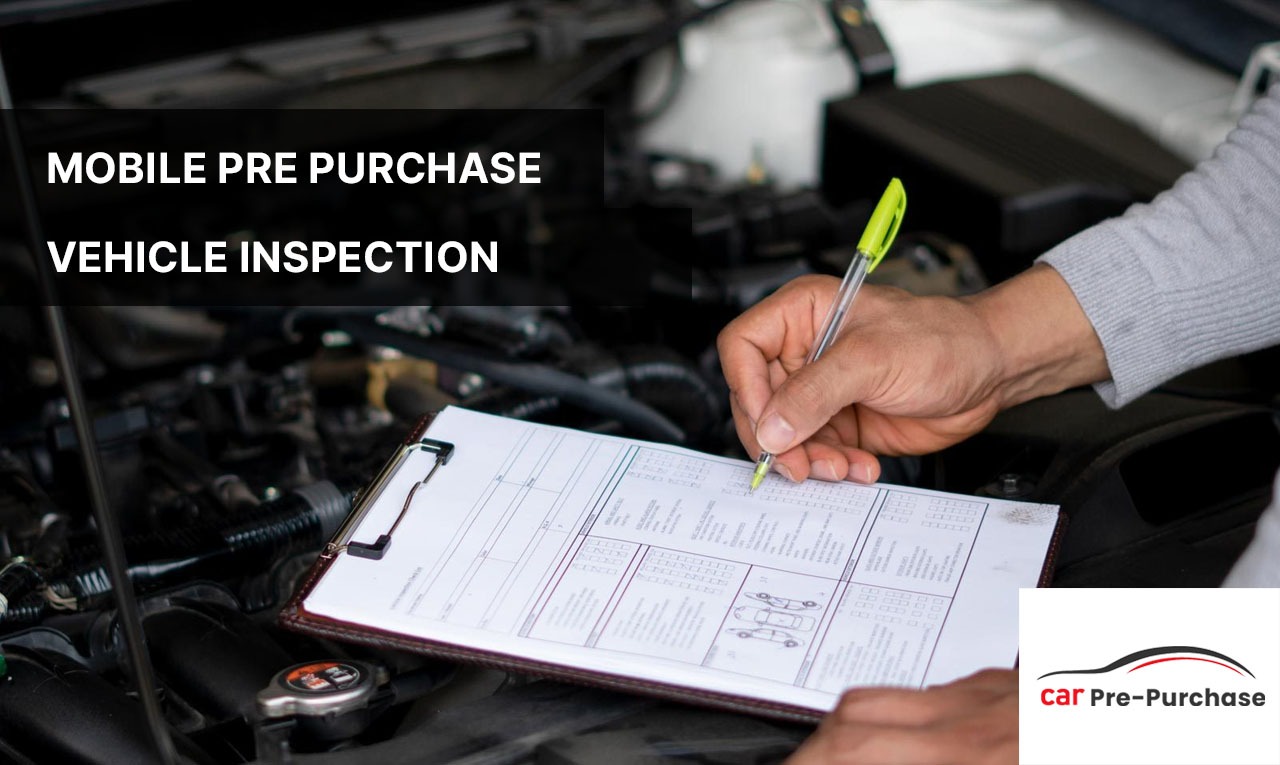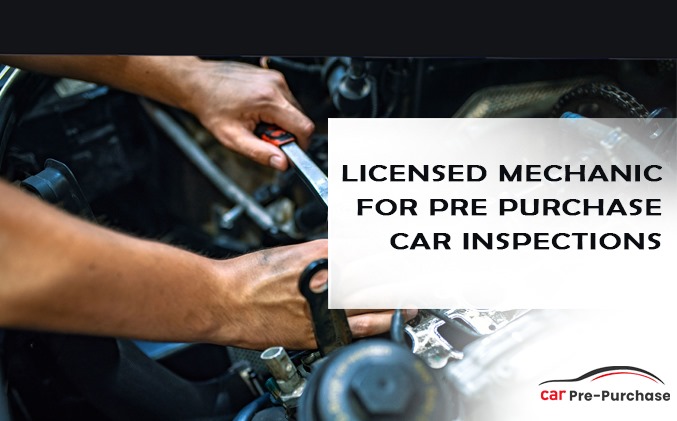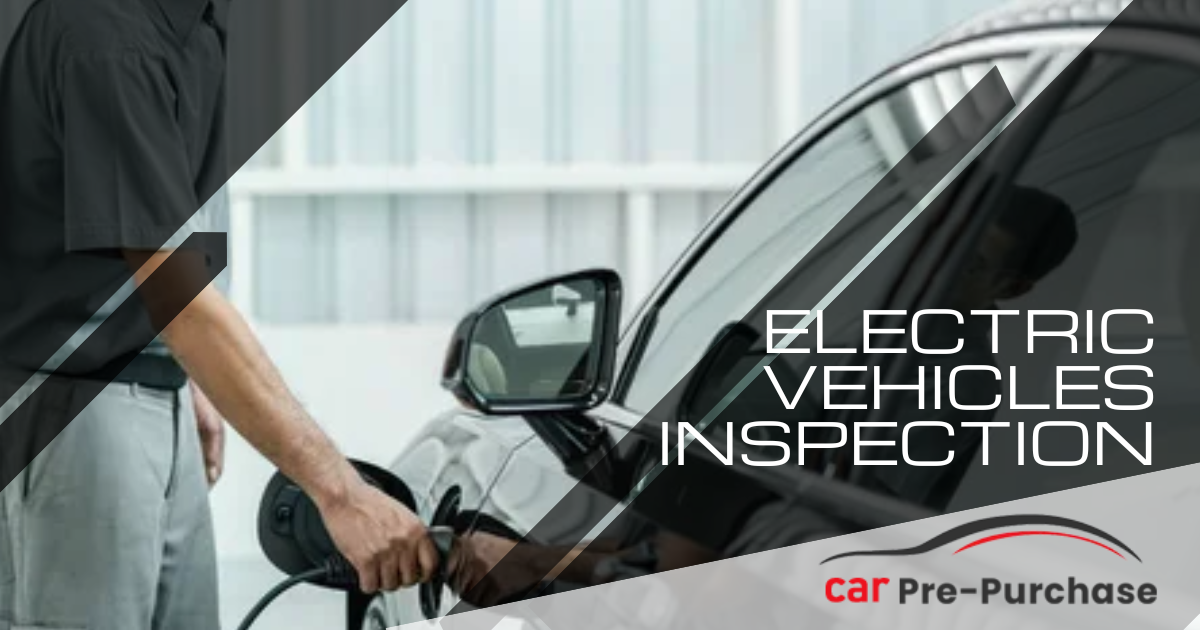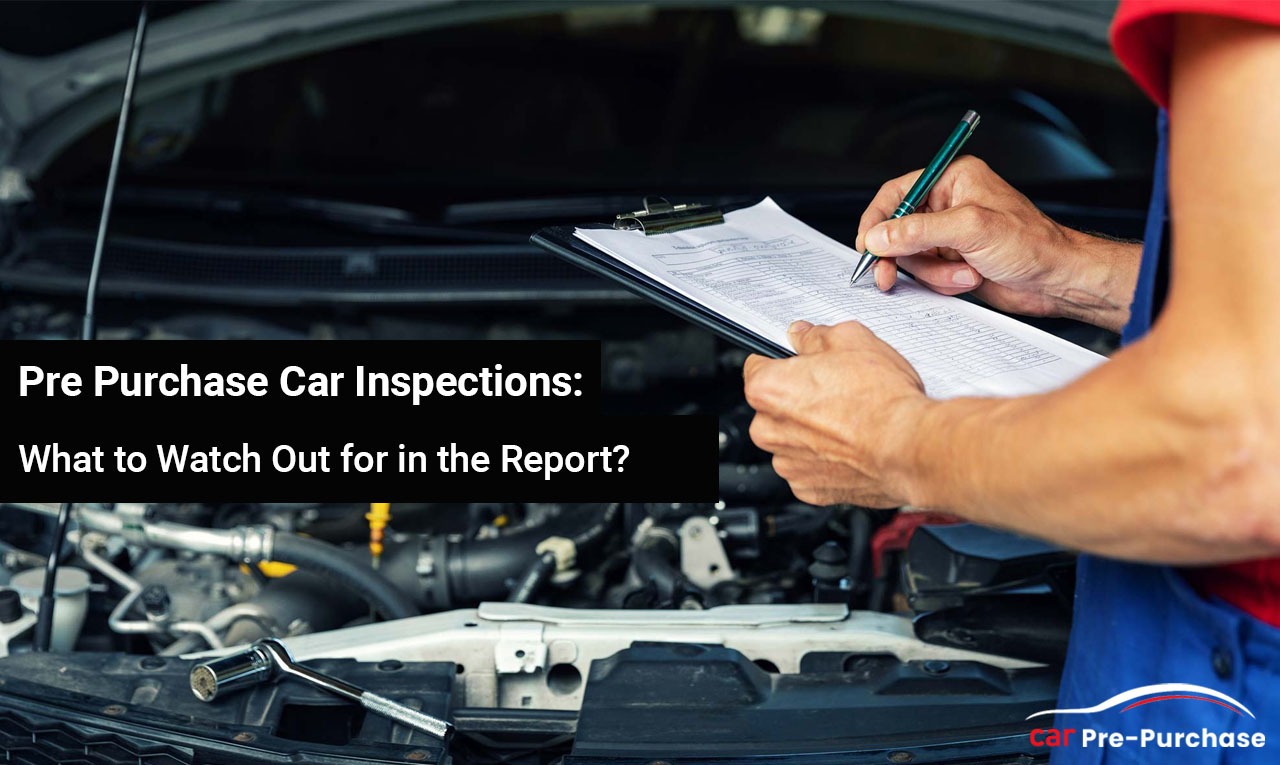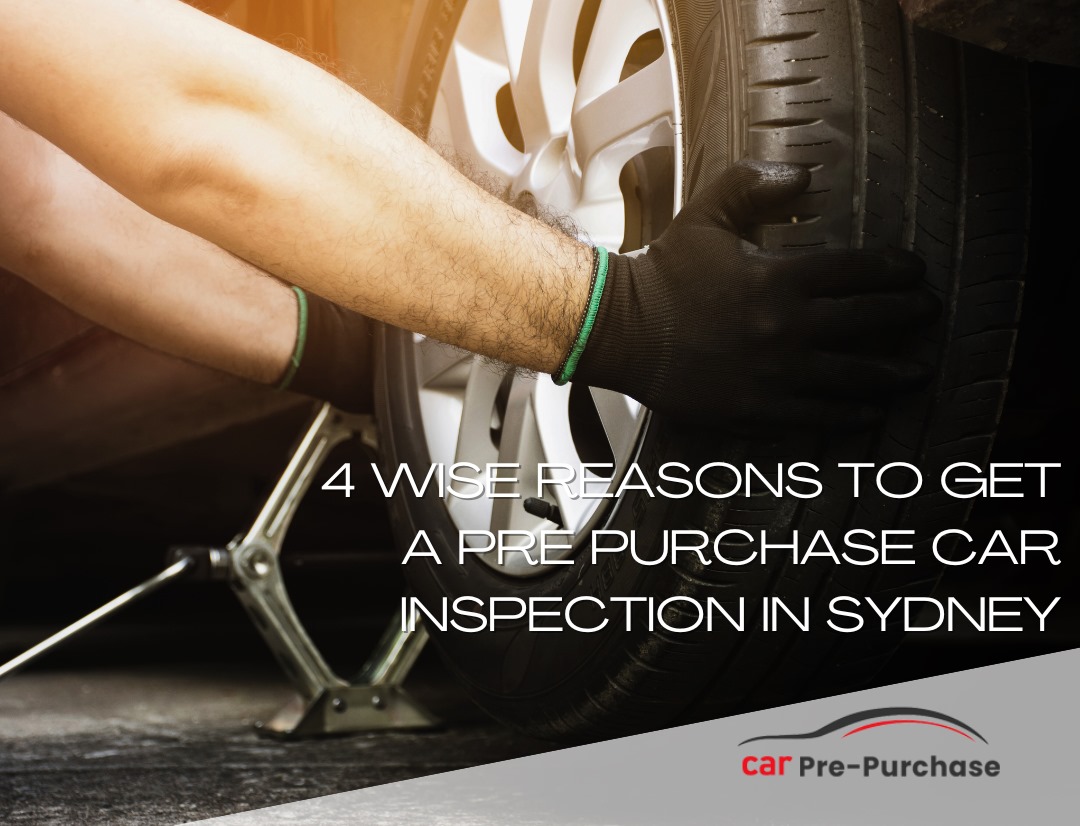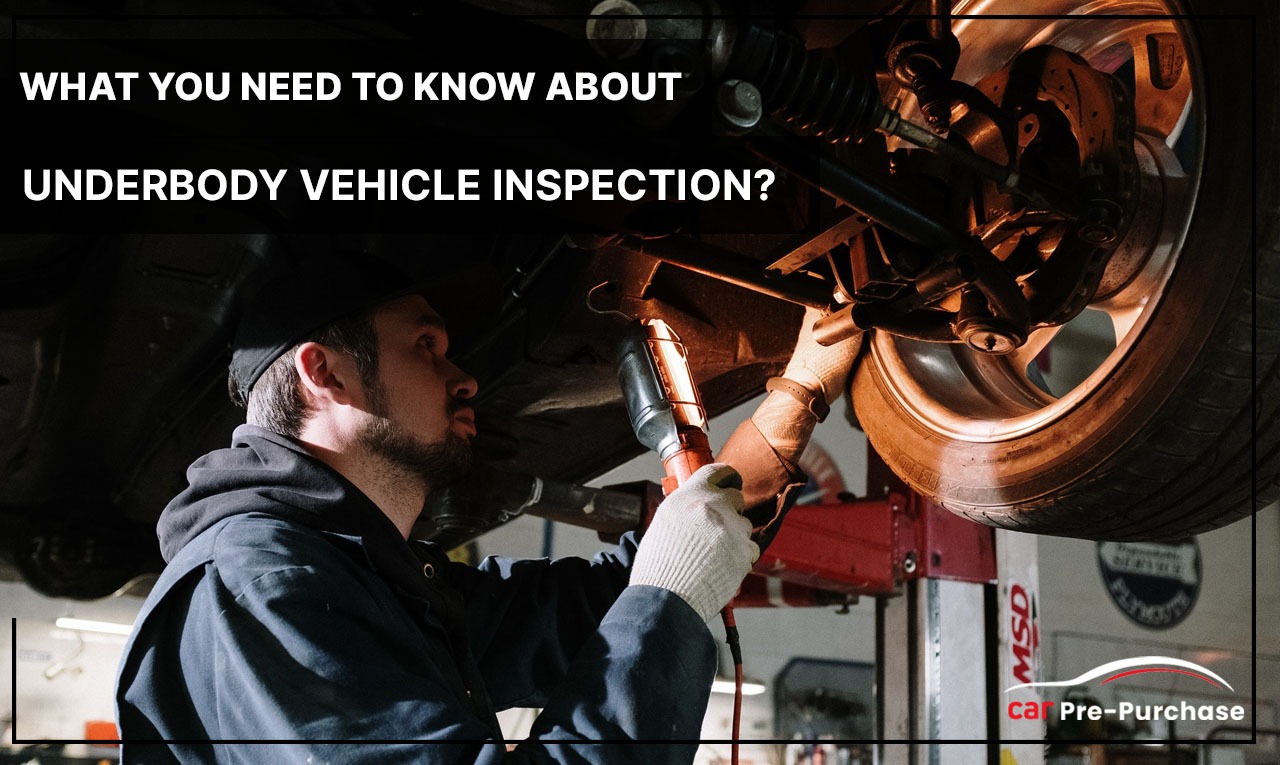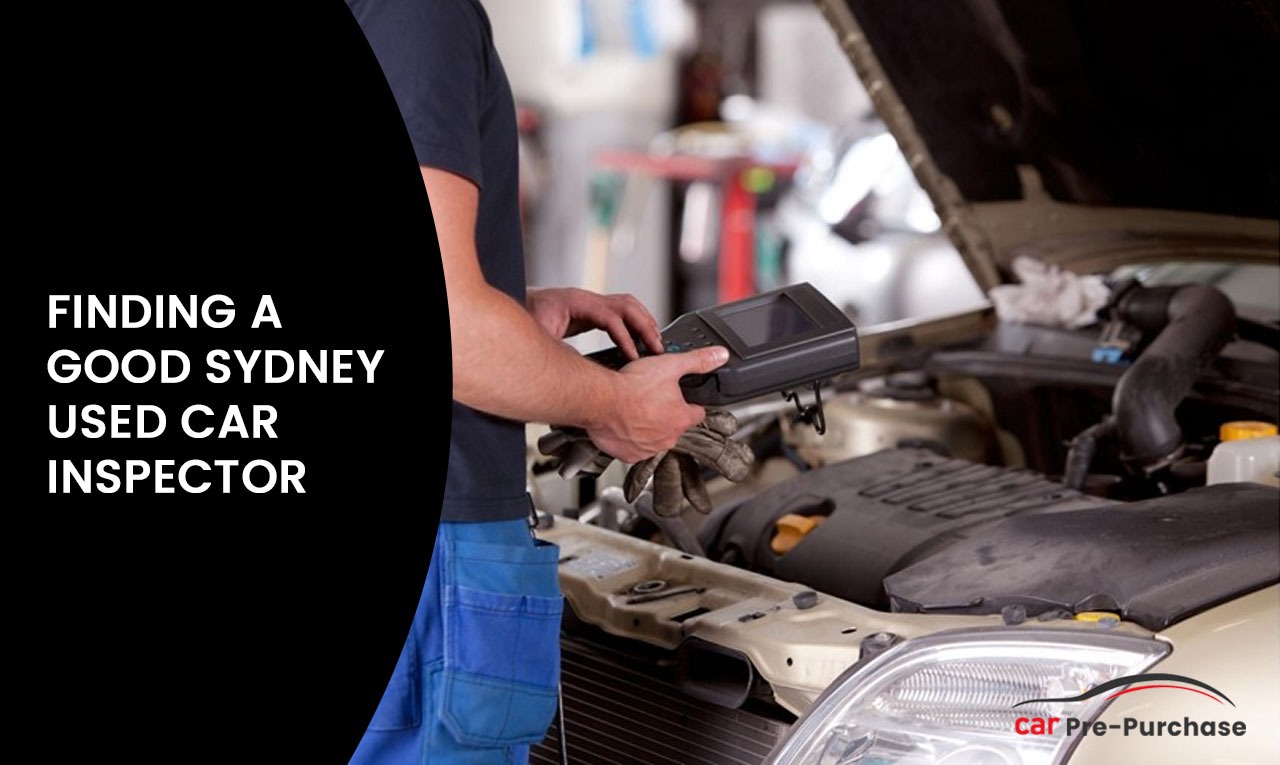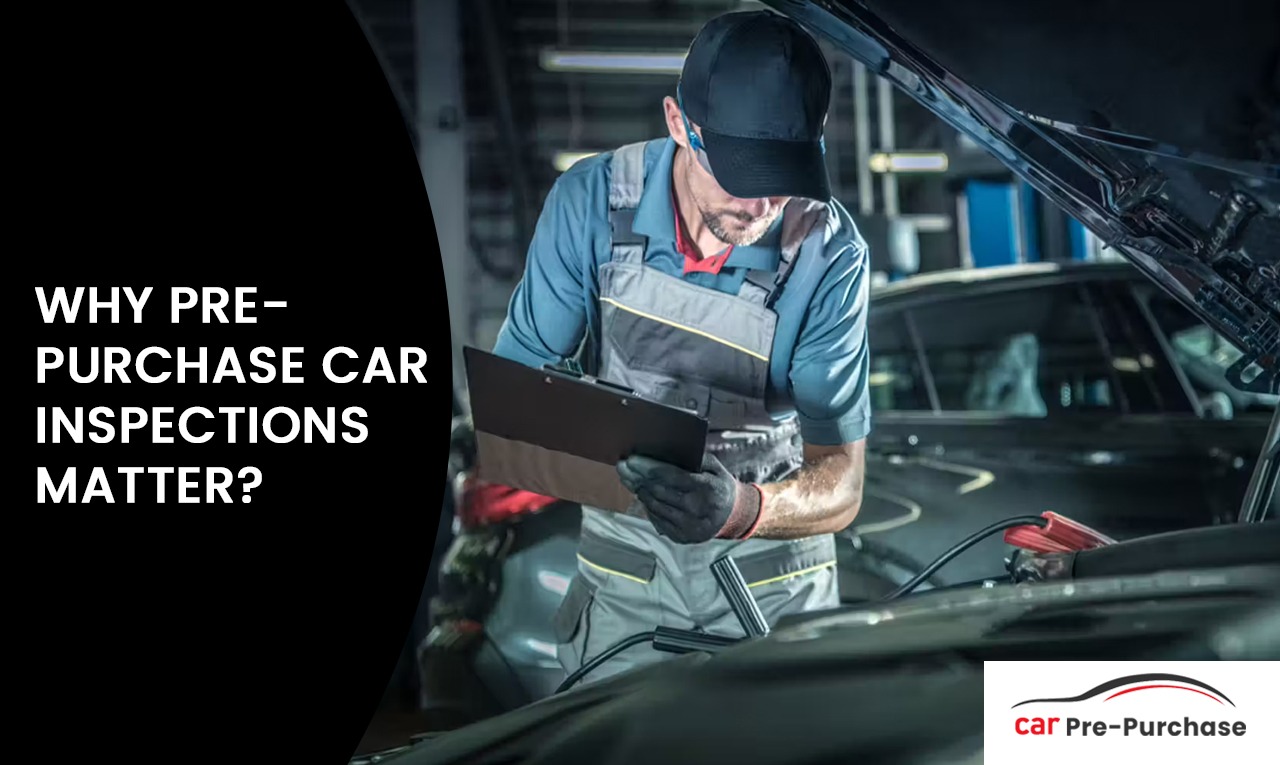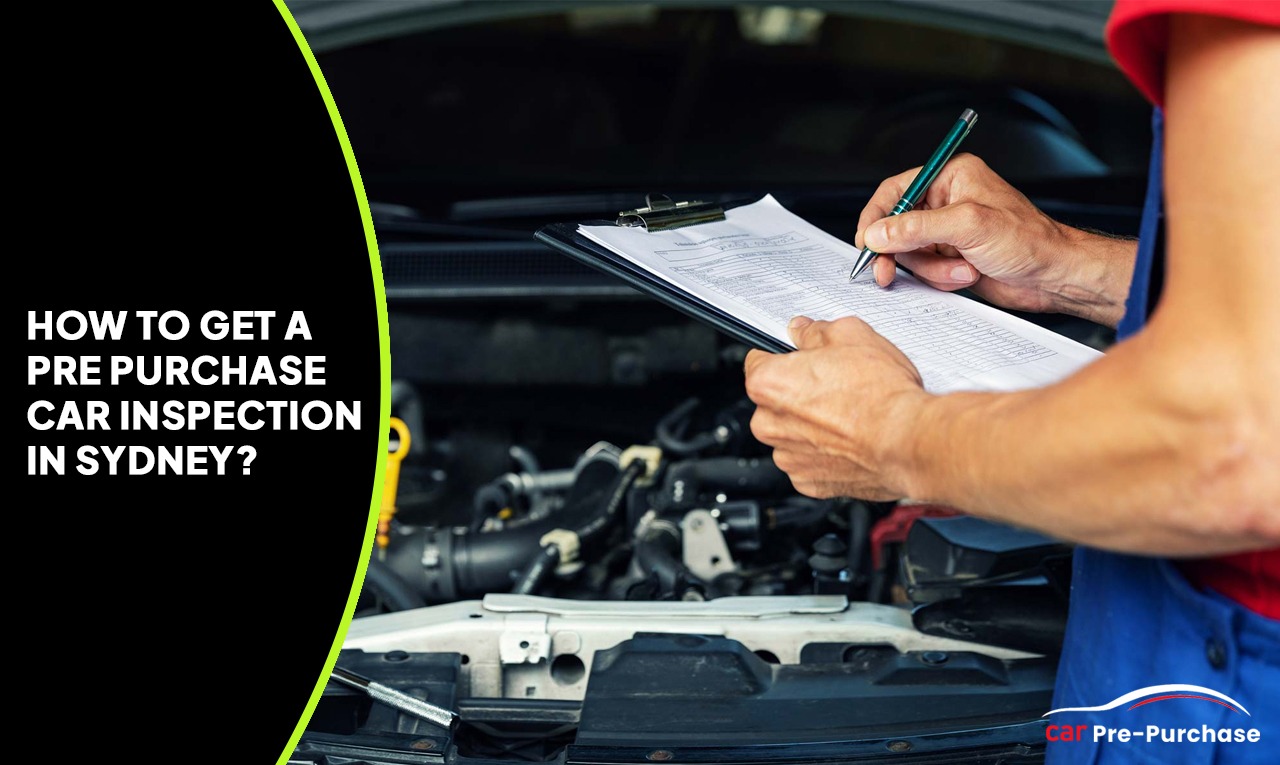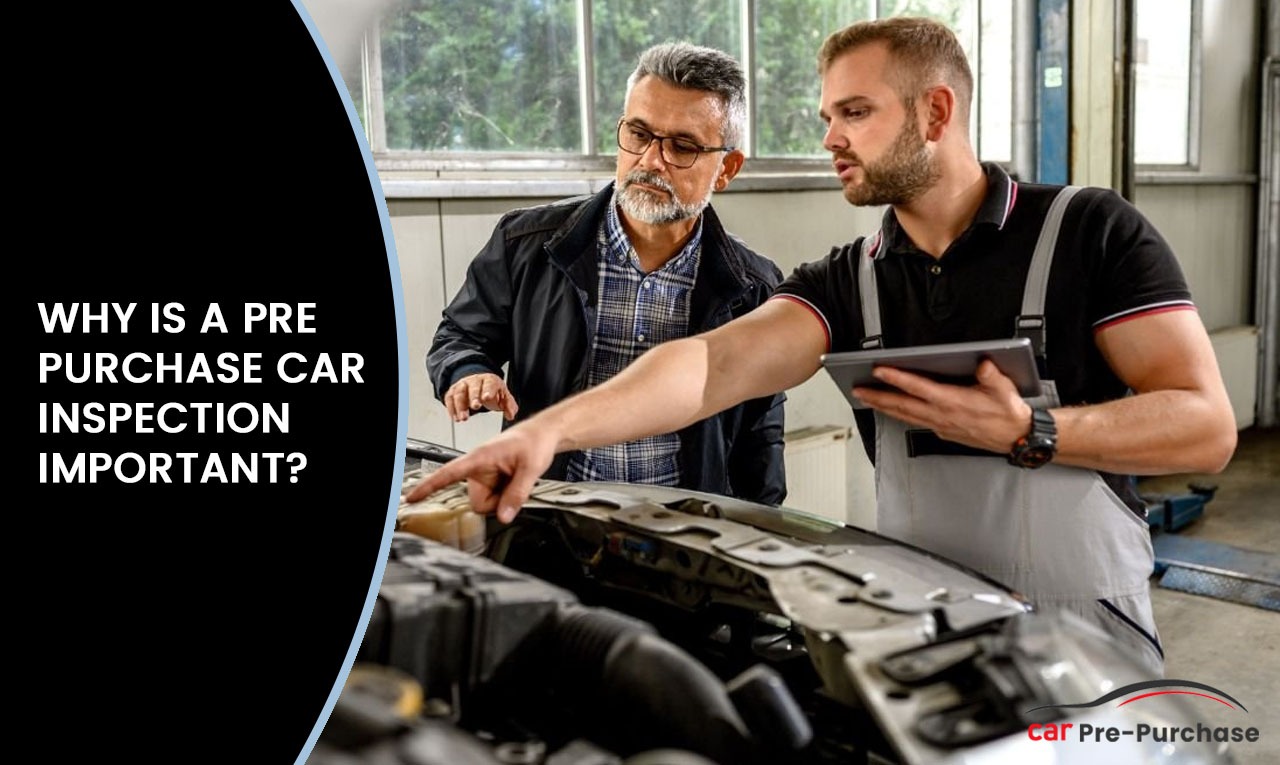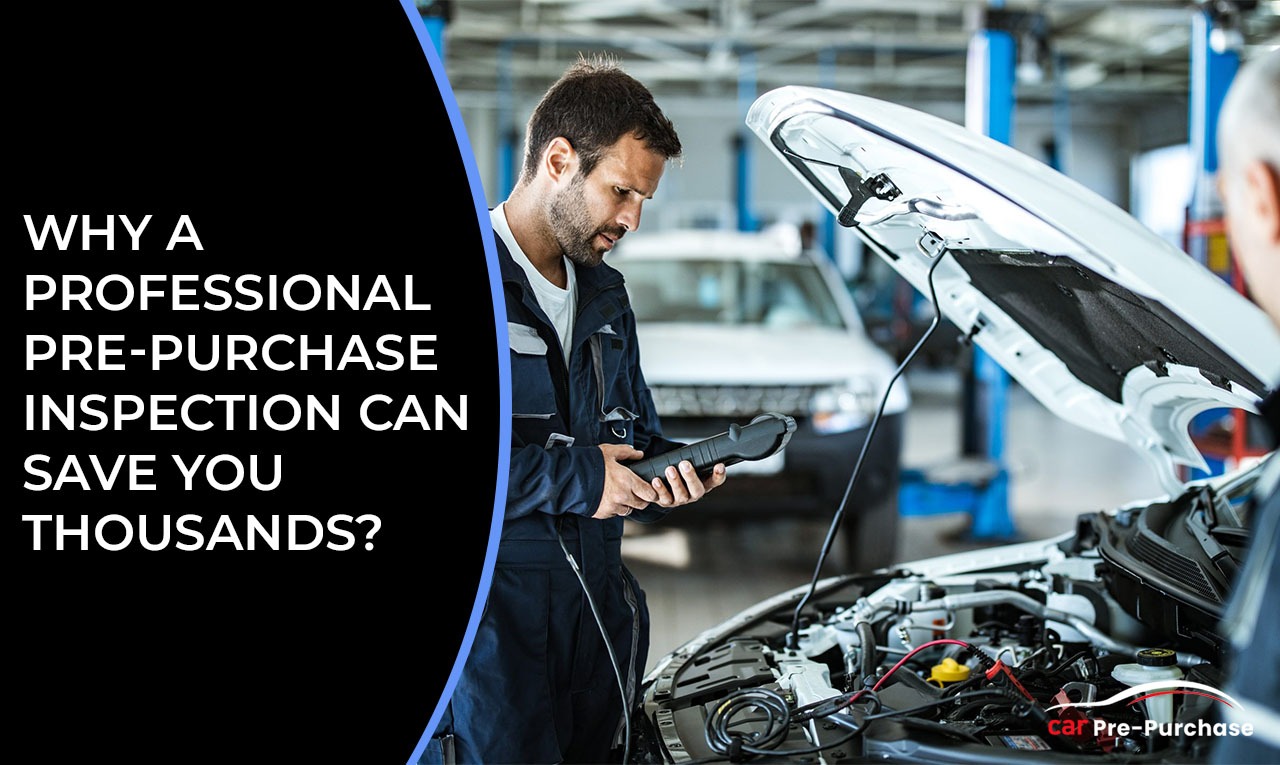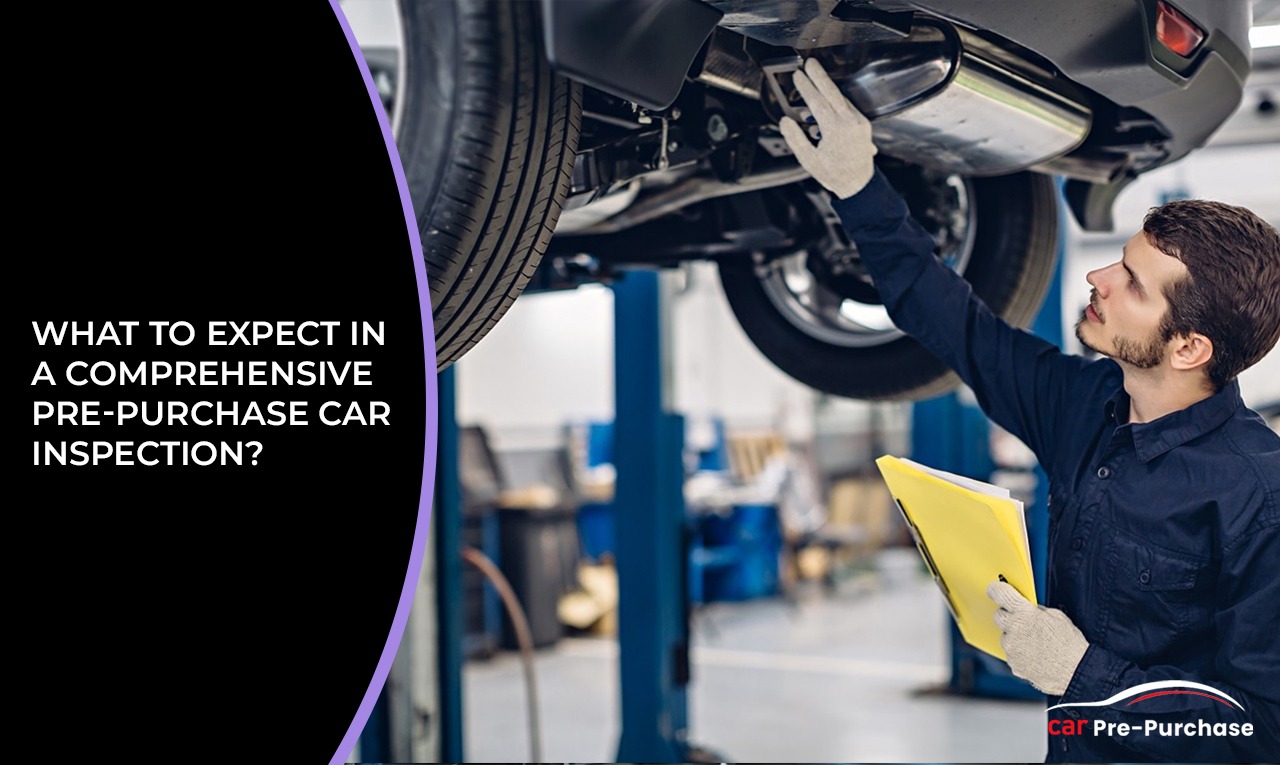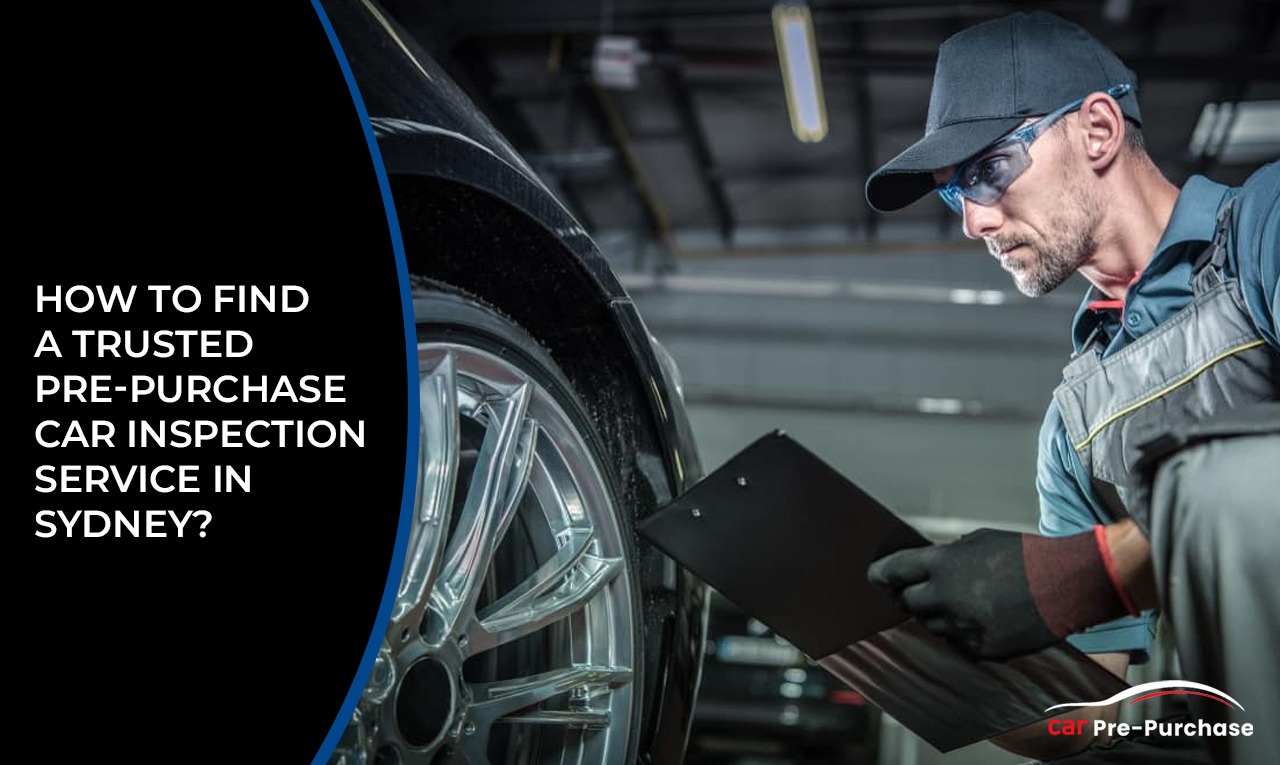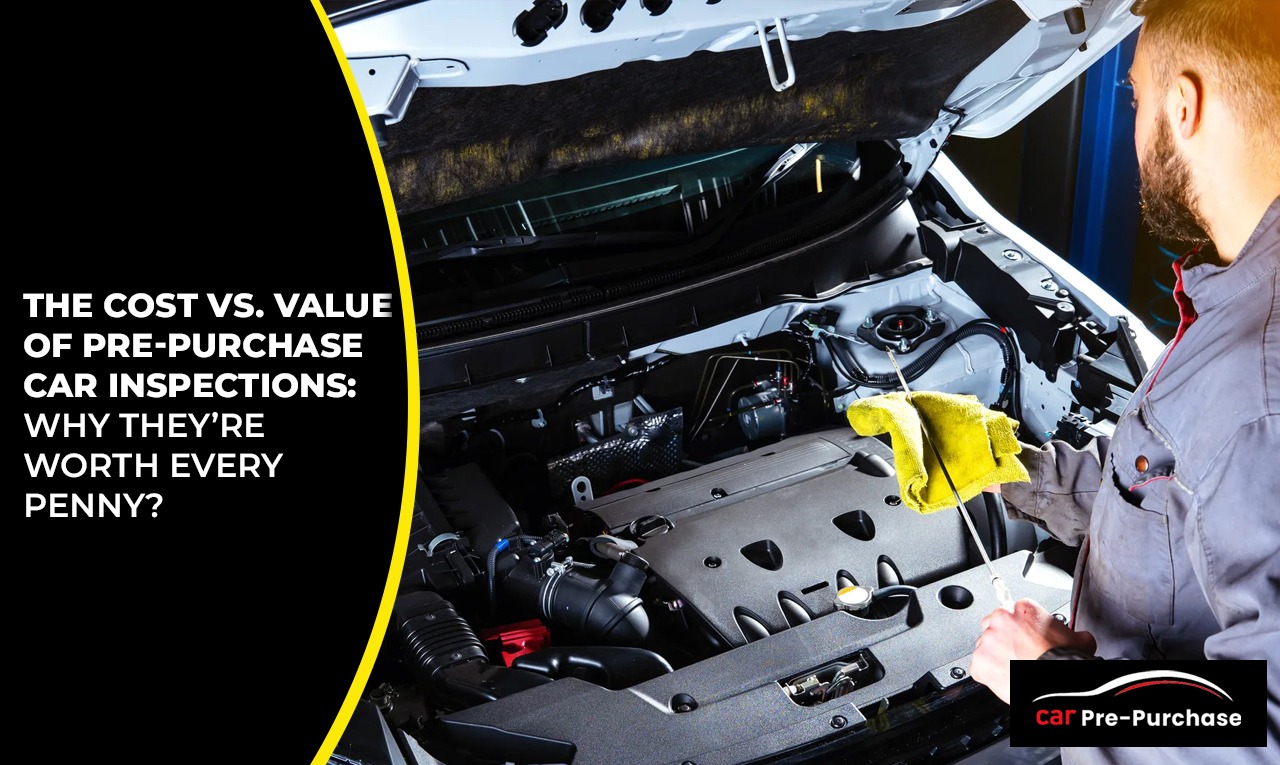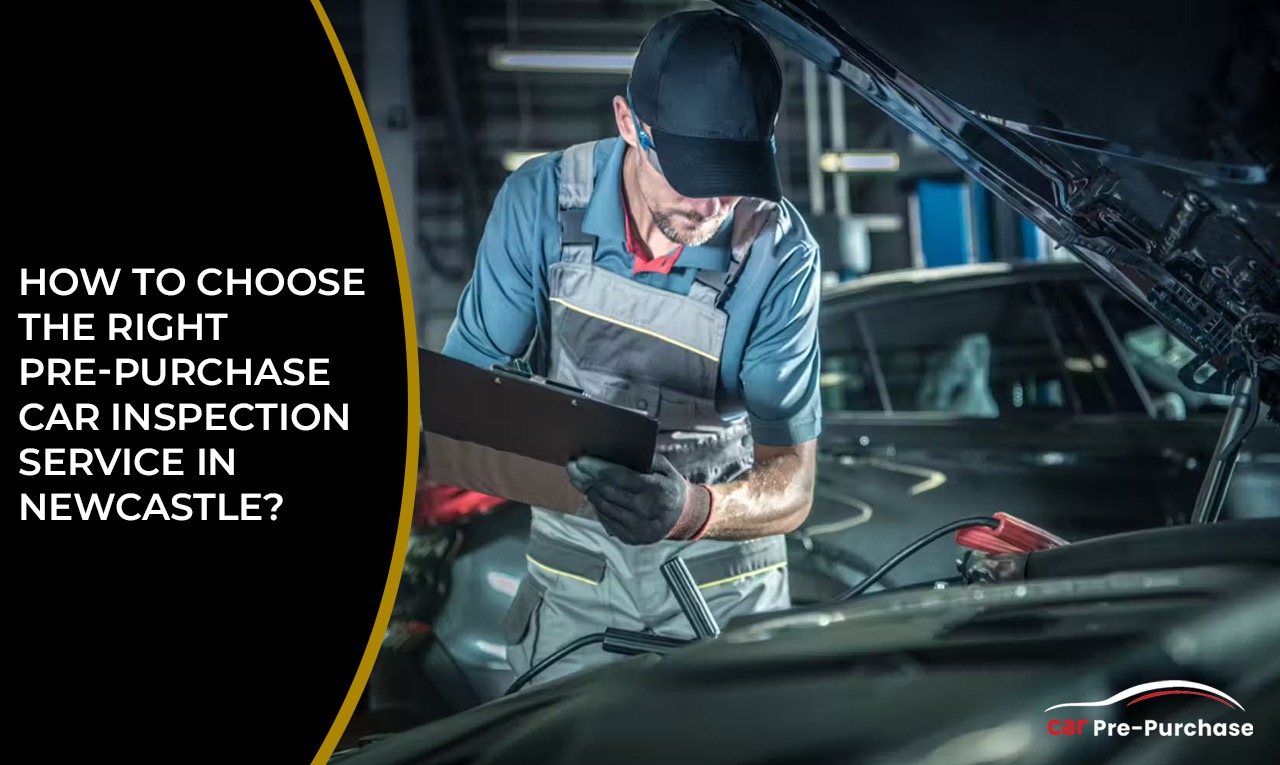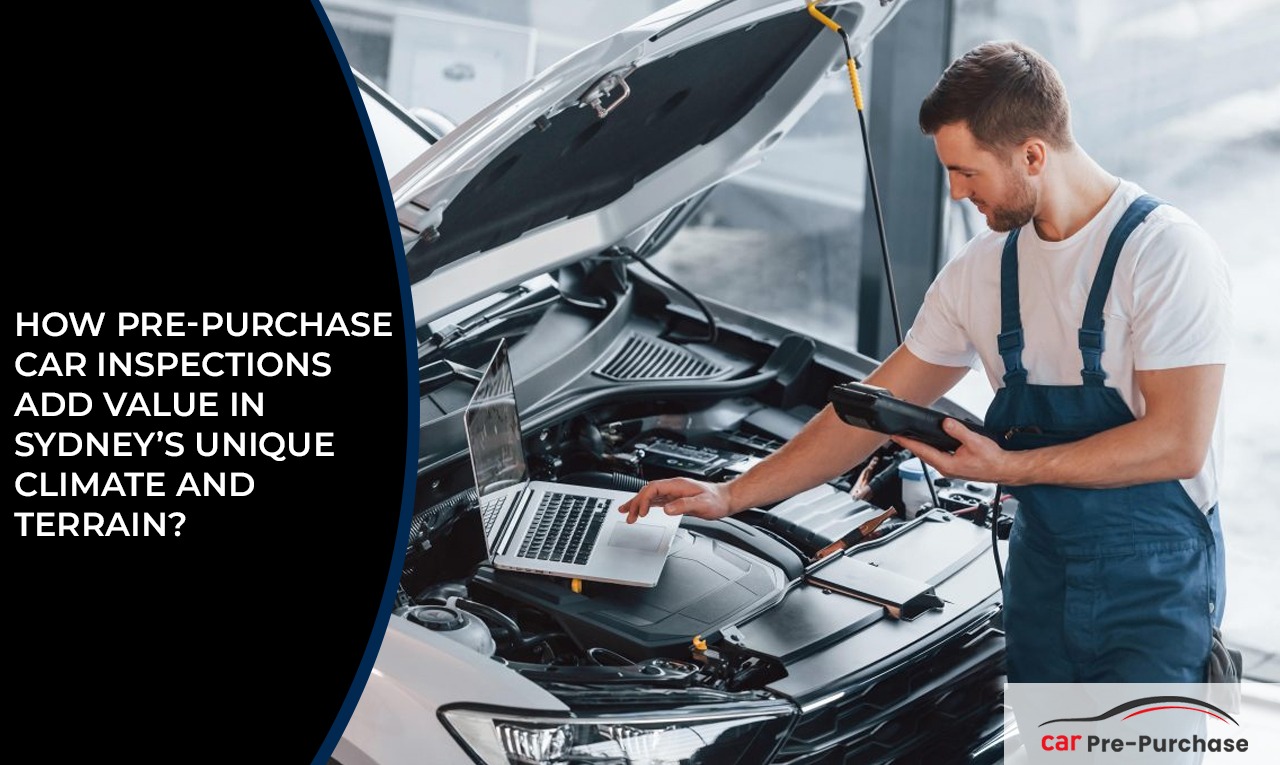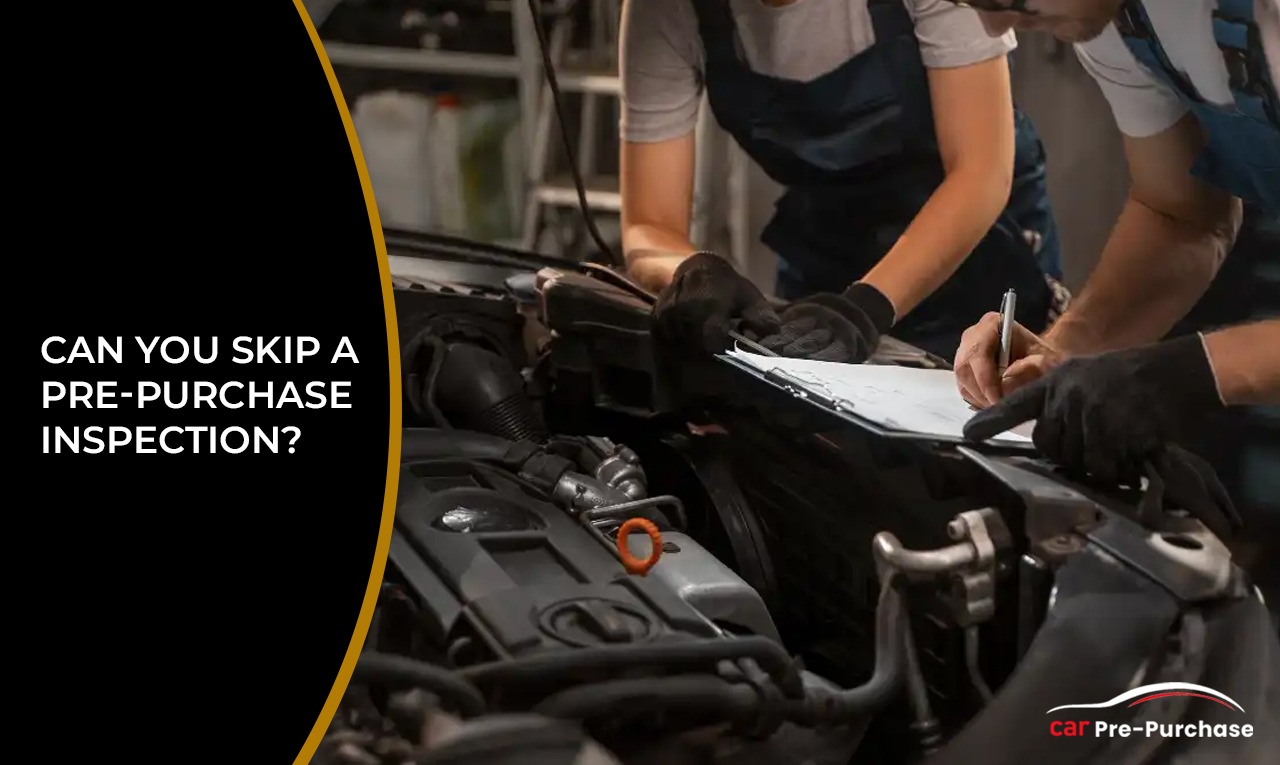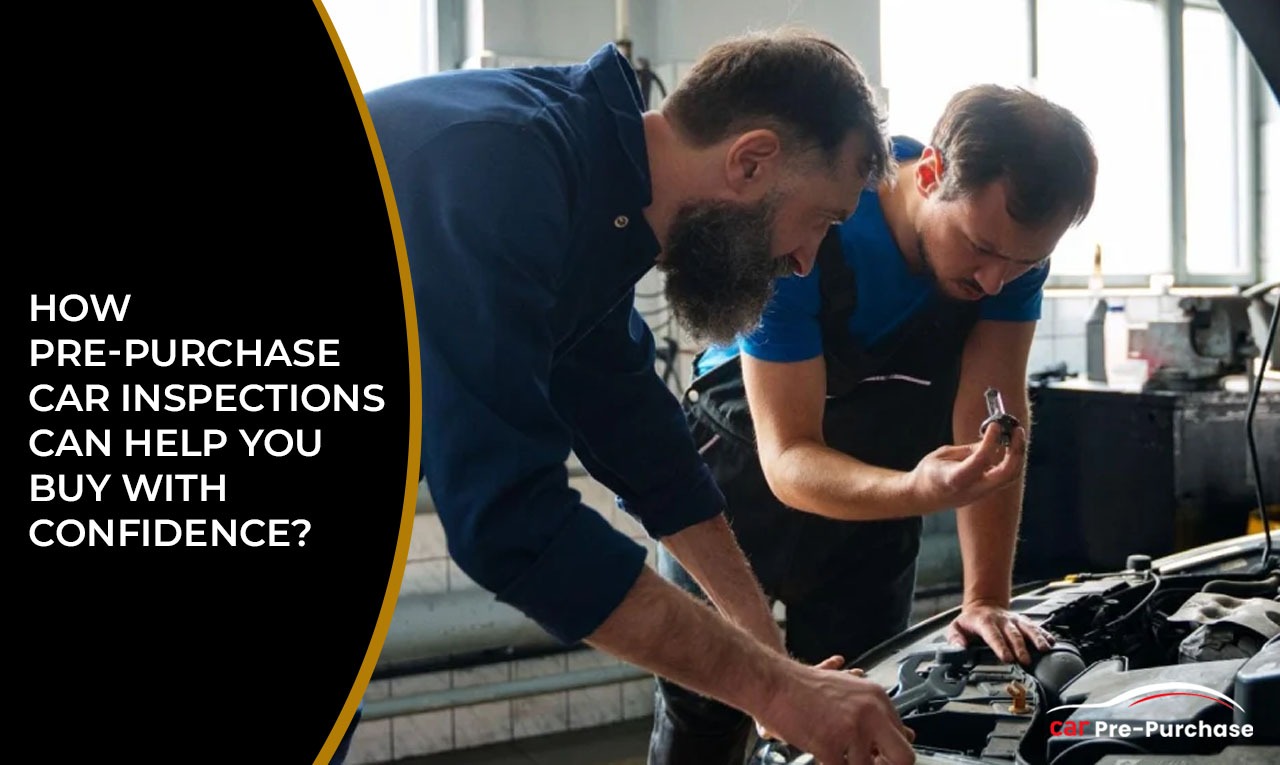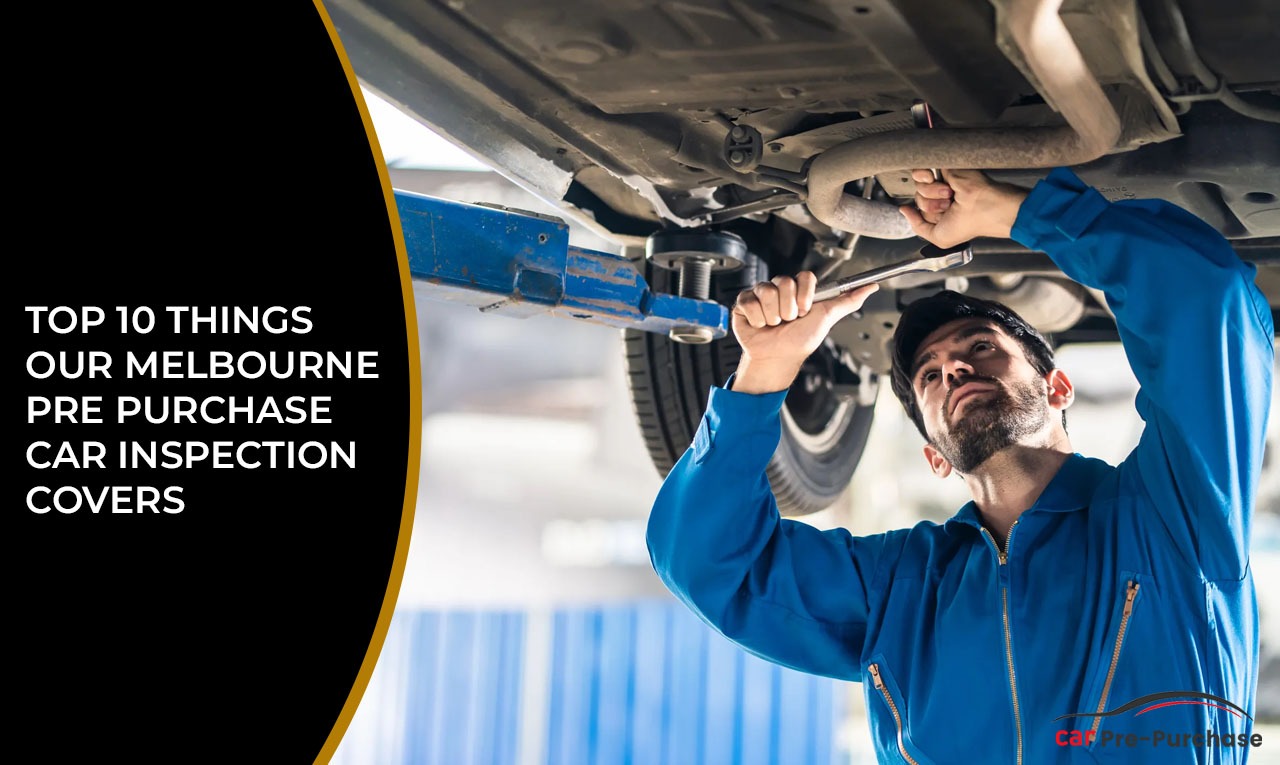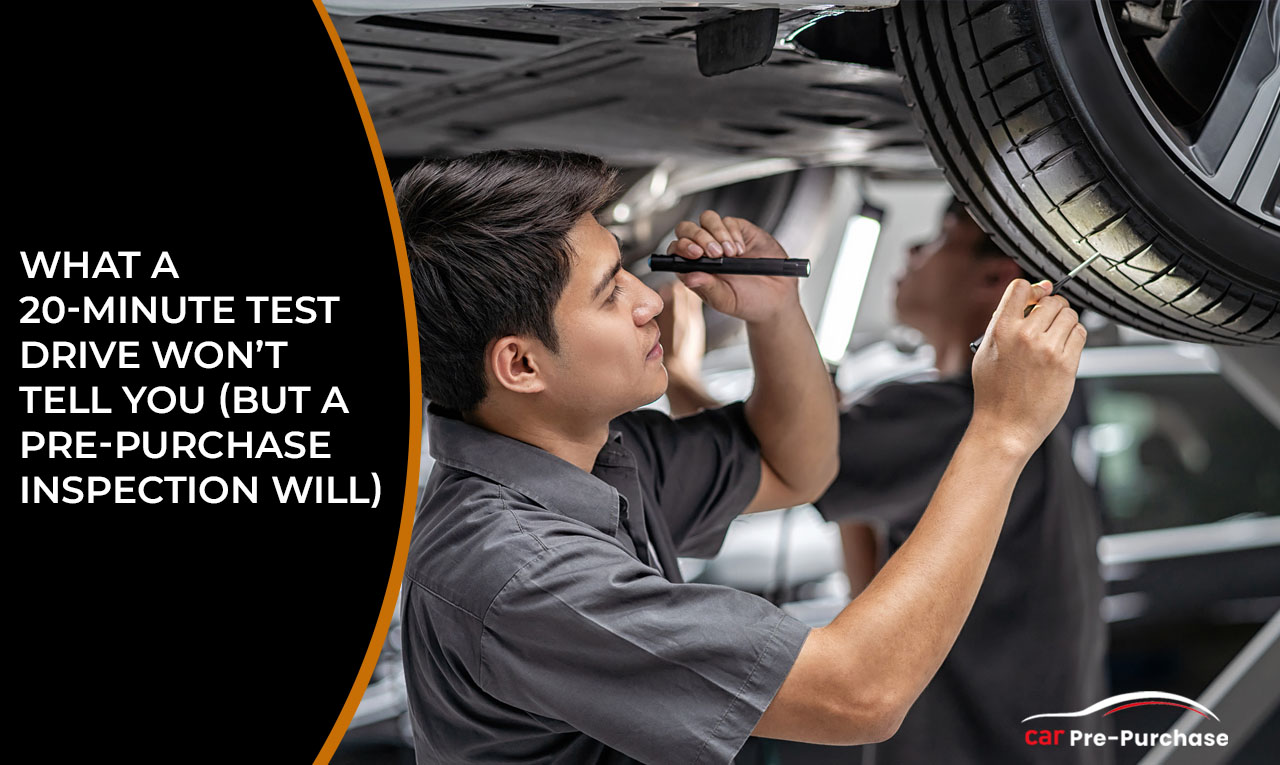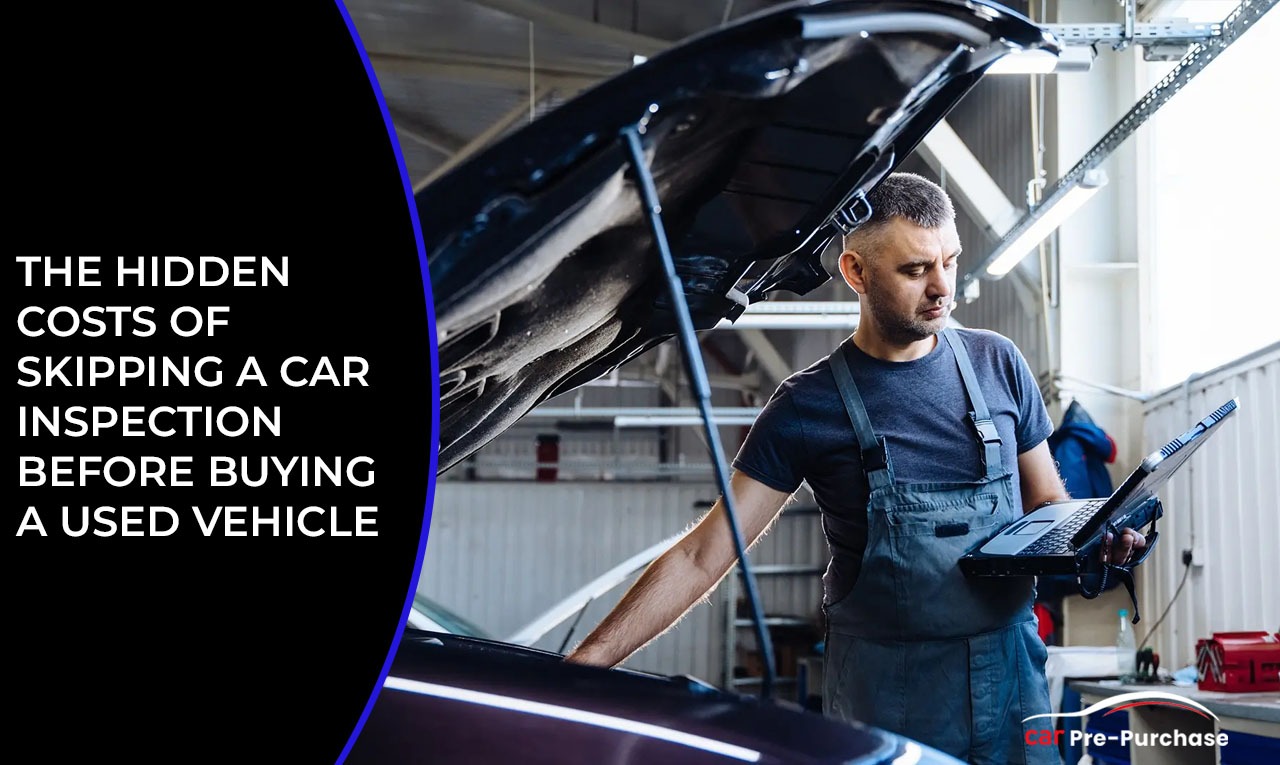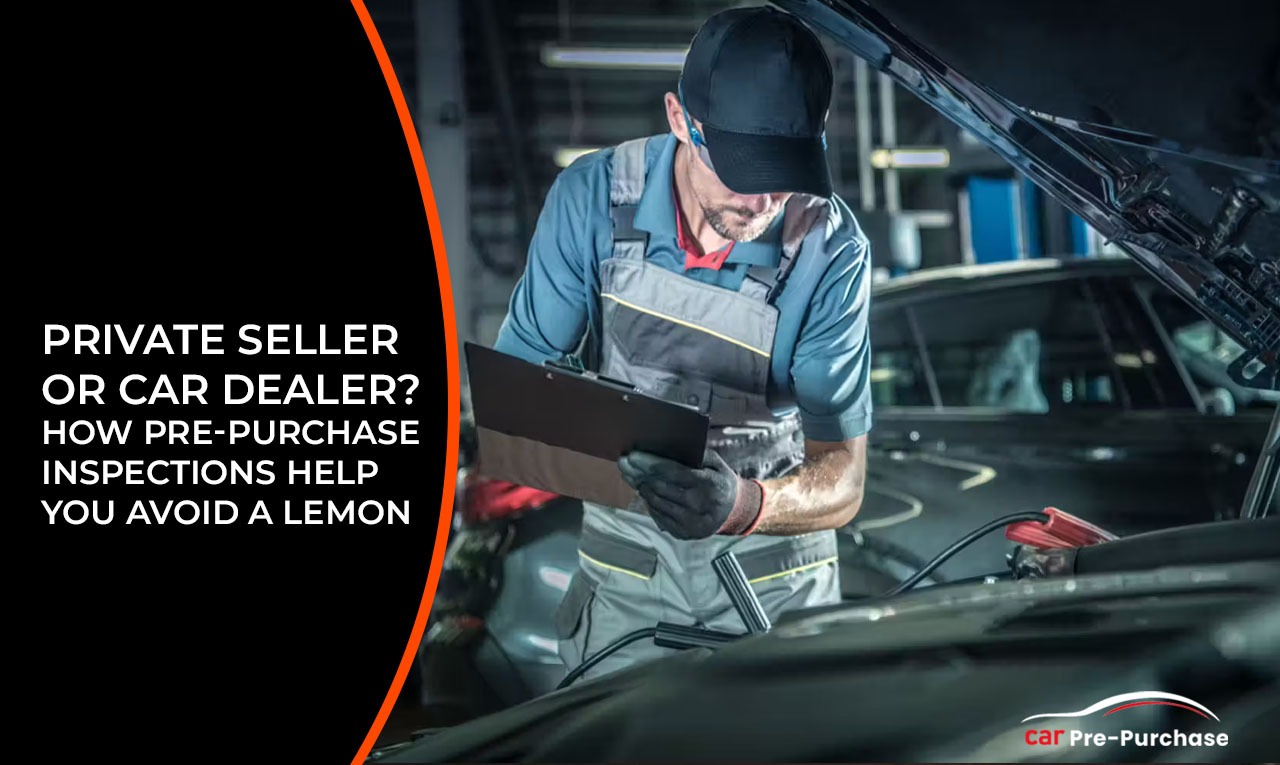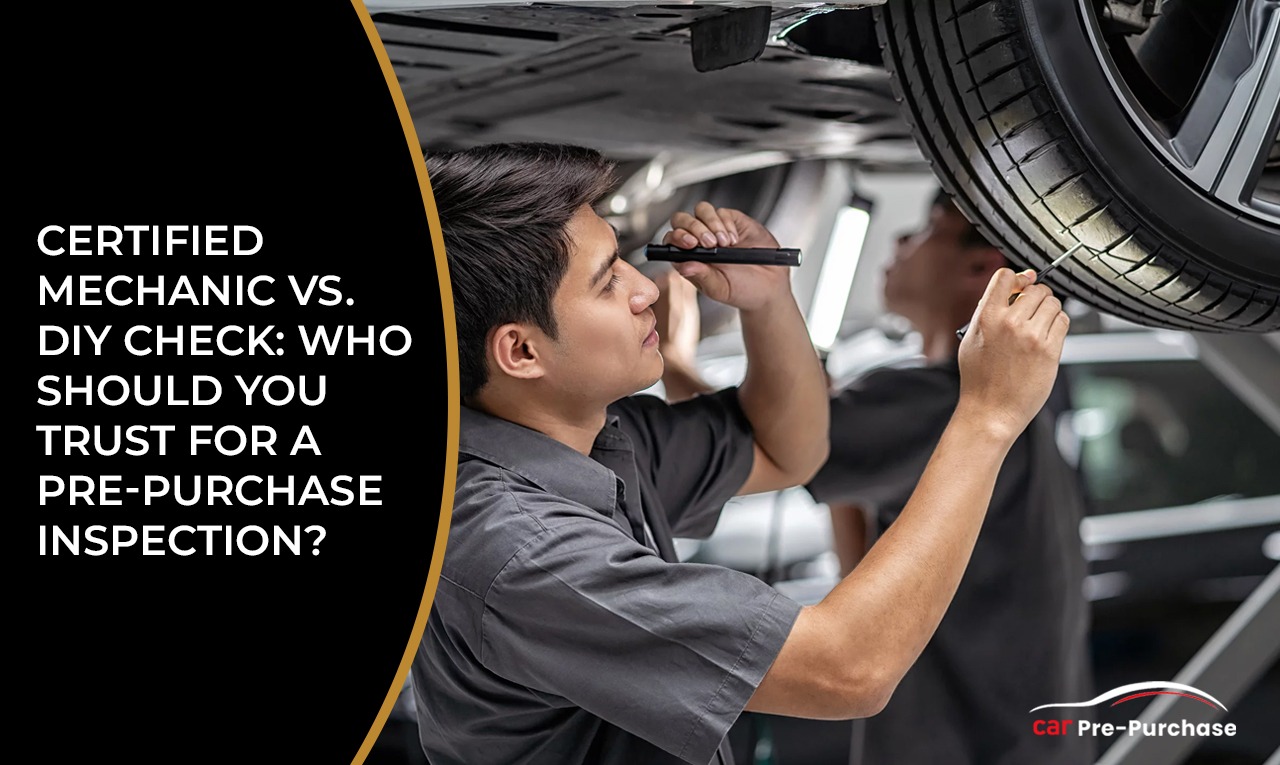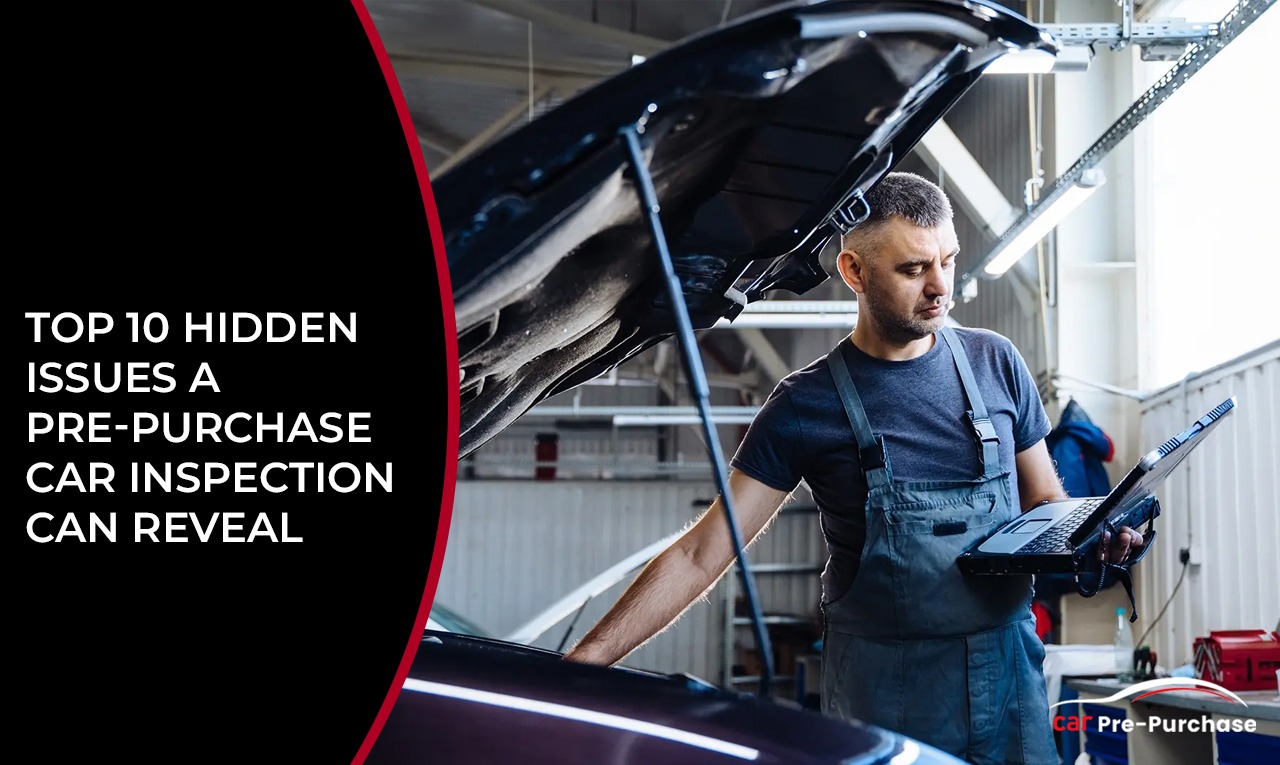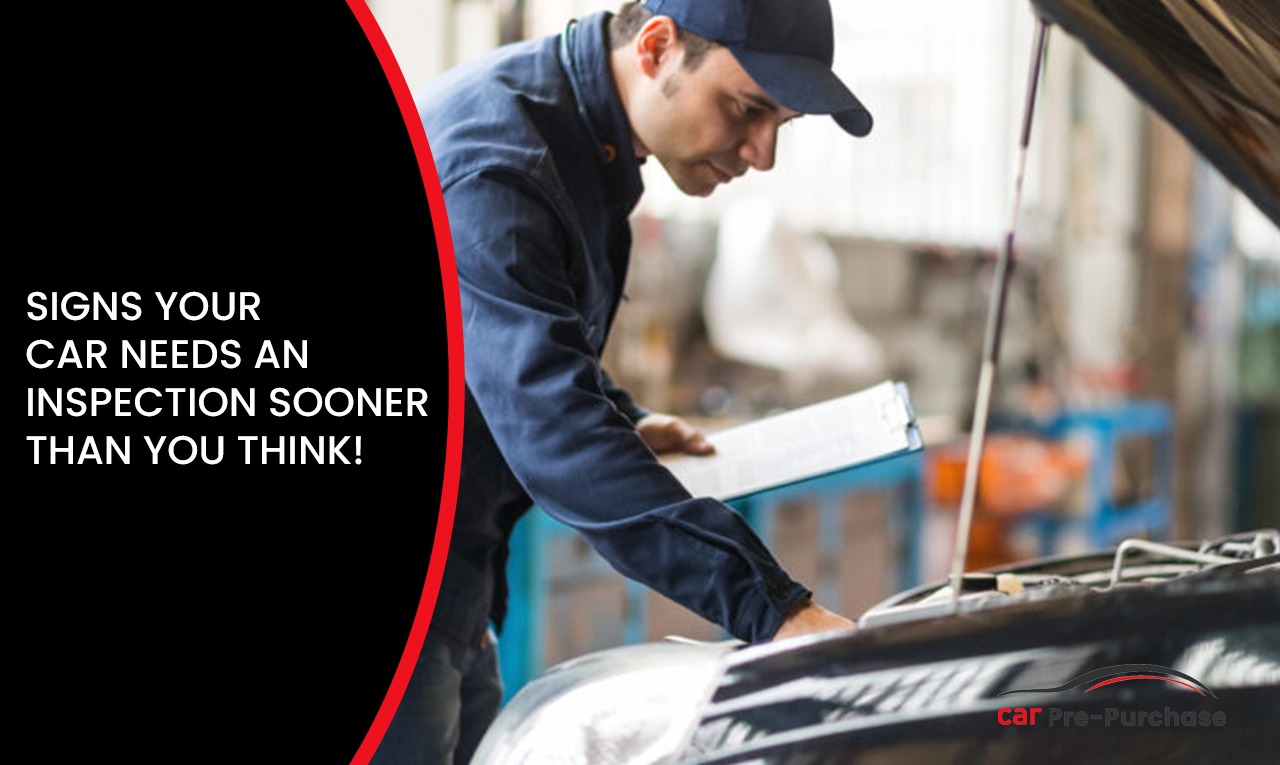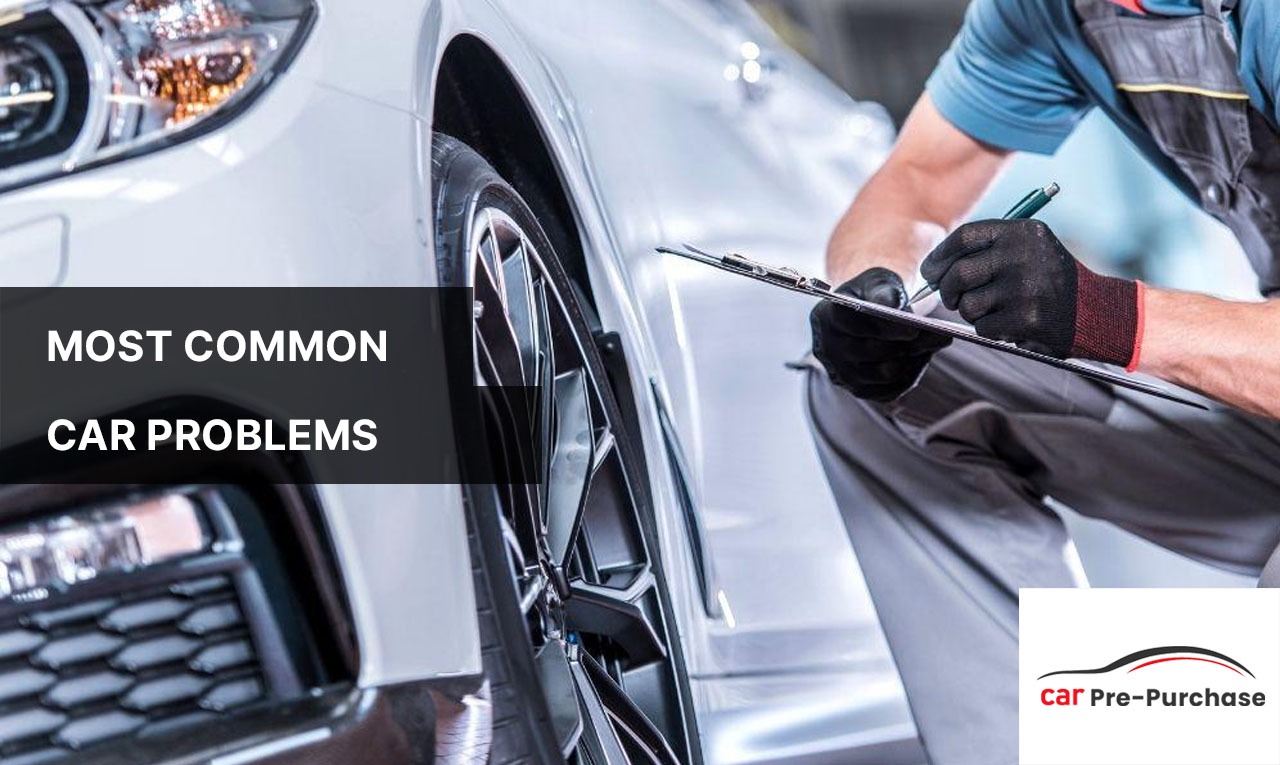
Hybrid cars have gained significant popularity in recent years due to their fuel efficiency and eco-friendly reputation. However, like any vehicle, hybrids aren't without their fair share of issues. In this blog, we'll delve into the most common car problems which shall include a detailed analysis of the issues with hybrid cars. This will help potential buyers and current owners make informed decisions and understand how to maintain their hybrids for optimal performance.
This blog contains:
- What Is A Hybrid Car?
- Most Common Problems With Hybrid Cars
- Most Common Car Repair Problems – Hybrid Cars
What Is A Hybrid Car?
Before we delve into the most common car problems, we must understand what hybrid cars are. A hybrid car is a type of vehicle that combines two or more power sources to achieve improved fuel efficiency and reduced emissions. The primary components of a hybrid car typically include an internal combustion engine (usually gasoline) and an electric motor. These two power sources work in tandem to provide propulsion and optimise energy usage.
Hybrid technology continues to evolve, with automakers developing more advanced and efficient systems, making them a popular choice for individuals looking to reduce their carbon footprint while still enjoying the convenience of a traditional automobile.
Most Common Problems With Hybrid Cars
1. Battery Degradation
The most common car problems - hybrid cars is battery degradation. Hybrid vehicles rely on high-voltage battery packs to store and deliver energy to the electric motor. Over time, these batteries can degrade, which can lead to a decrease in electric-only driving range and overall fuel efficiency. While many automakers offer warranties on hybrid batteries that can last for several years, the cost of battery replacement after the warranty period can be quite high. To mitigate battery degradation, follow proper maintenance guidelines, including regular servicing, avoiding extreme temperature conditions, and not overcharging the battery. Moreover, newer hybrids often come with improved battery technology that addresses this issue to some extent.
2. Inverter and Electric Motor Problems
Inverter and electric motor problems can also affect hybrid vehicles. These components are critical for managing power flow between the internal combustion engine and the electric motor. Issues with the inverter and electric motor can lead to a drop in performance, decreased fuel efficiency, and expensive repair costs.To prevent the most common car problems, regular maintenance is crucial. Properly maintaining the cooling systems for these components can significantly extend their lifespan.
3. Regenerative Braking System
Hybrids use regenerative braking systems to capture and convert kinetic energy into electric energy, which is then stored in the battery. This system can sometimes be prone to issues such as brake pad wear and issues with the regenerative braking control module. Ignoring these problems can result in reduced energy regeneration and decreased braking performance. To prevent regenerative braking problems, it's essential to maintain your vehicle's braking system properly and address any issues promptly to ensure optimum energy recovery.
4. Software and Electronics
Modern hybrid cars rely heavily on complex software and electronic systems to manage the hybrid powertrain. Most common car problems with these systems can lead to various issues, including reduced fuel efficiency, poor performance, and warning lights on the dashboard. To minimize these issues, make sure to keep your hybrid vehicle's software up to date by visiting the dealership or an authorized service centre. Regular software updates can resolve known issues and improve overall system performance.
5. Fuel System Problems
Hybrid cars still have a traditional internal combustion engine, and like any gasoline-powered vehicle, they can face fuel system issues such as clogged fuel injectors, dirty air filters, or fuel pump failures. These problems can lead to reduced fuel efficiency and poor engine performance. Regular maintenance, including changing the air and fuel filters as recommended by the manufacturer, can help prevent fuel system issues and the most common car problems. Additionally, using high-quality gasoline and additives designed to clean the fuel system can contribute to better performance.
Most Common Car Repair Problems - Hybrid Cars
1. Cooling System Problems:
Hybrids have a cooling system to manage the temperature of the electric components. Most common car air conditioning problems can lead to overheating and damage to the electric components.
2. High Voltage Wiring and Components:
Hybrids have high-voltage systems and issues with wiring or components in this system can be dangerous and costly to repair.
3. Transmission Issues:
Some hybrid vehicles use a continuously variable transmission (CVT) or a specialised transmission for the electric motor. Transmission problems can lead to reduced performance and can be expensive to repair.
4. Hybrid-specific Maintenance:
Hybrid vehicles often require specialised maintenance, such as coolant replacement for the battery, inverter, and electric motor, which should be performed at specified intervals.
5. Tire and Suspension Wear:
While not unique to hybrid cars, tire and suspension issues can affect any vehicle. Proper tire maintenance and suspension checks are essential for addressing the most common car problems on road trips performance of a hybrid vehicle.
Are you planning to buy a used hybrid car? Learn more on the topic from pre purchase car inspection Sydney now!
While hybrid cars offer numerous advantages, they are not immune to most common car problems. Potential buyers and current hybrid owners need to be aware of these common problems and take proactive steps to maintain their vehicles for optimal performance and longevity. Regular maintenance, proper care, and keeping up with software updates can go a long way in ensuring that your hybrid car serves you well while being environmentally friendly. With the right precautions, hybrid cars can provide an efficient and eco-friendly driving experience.
